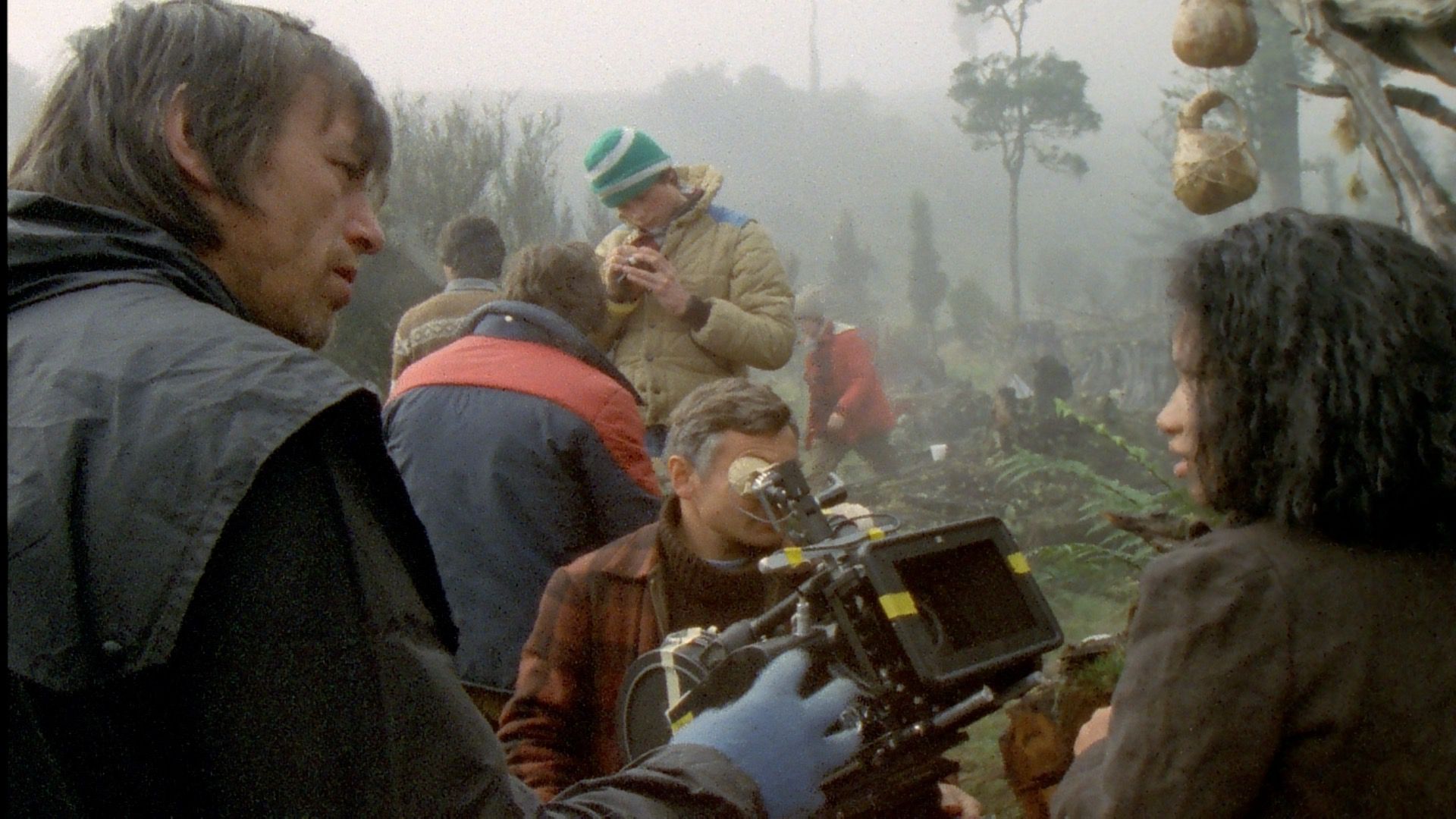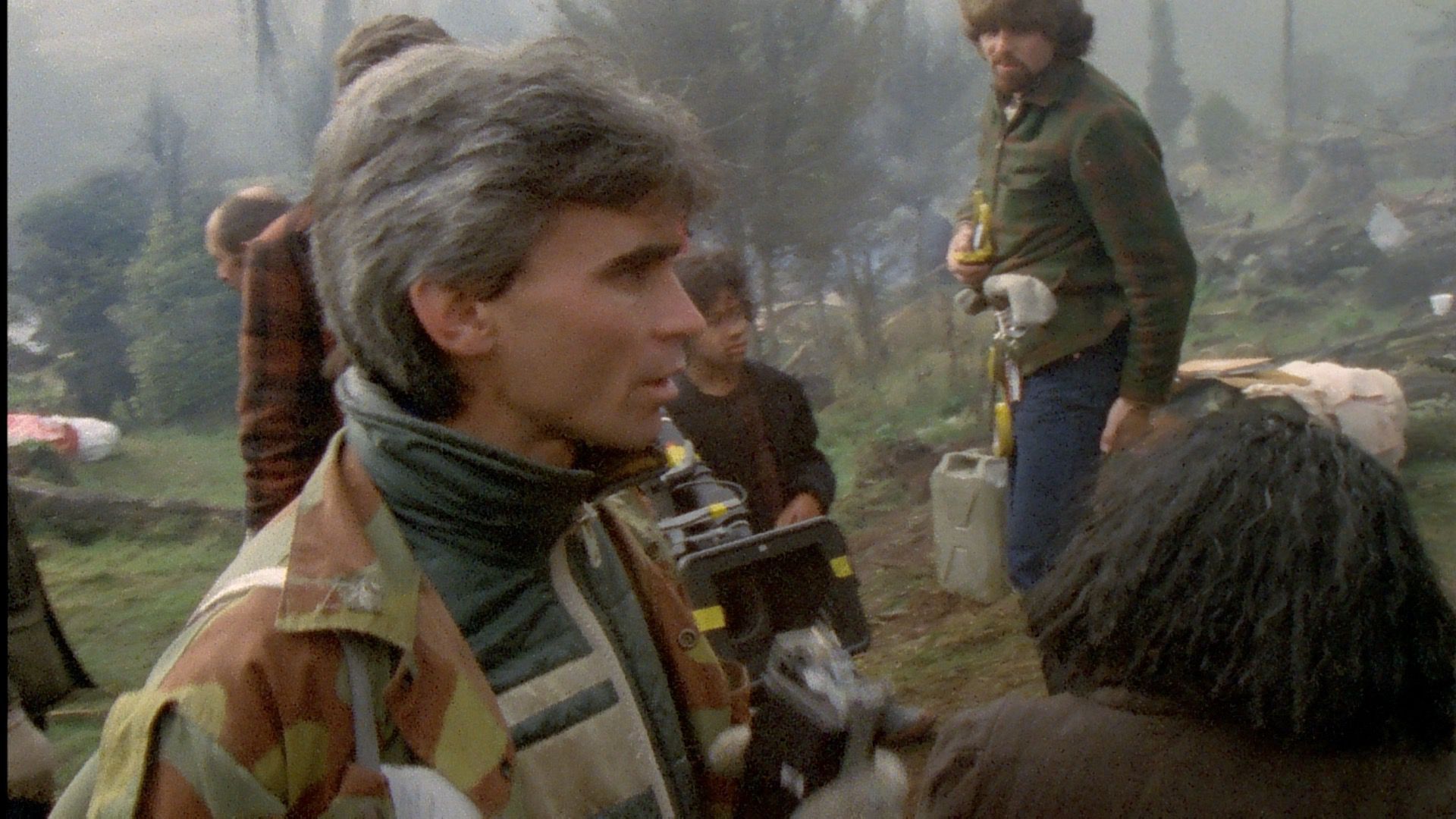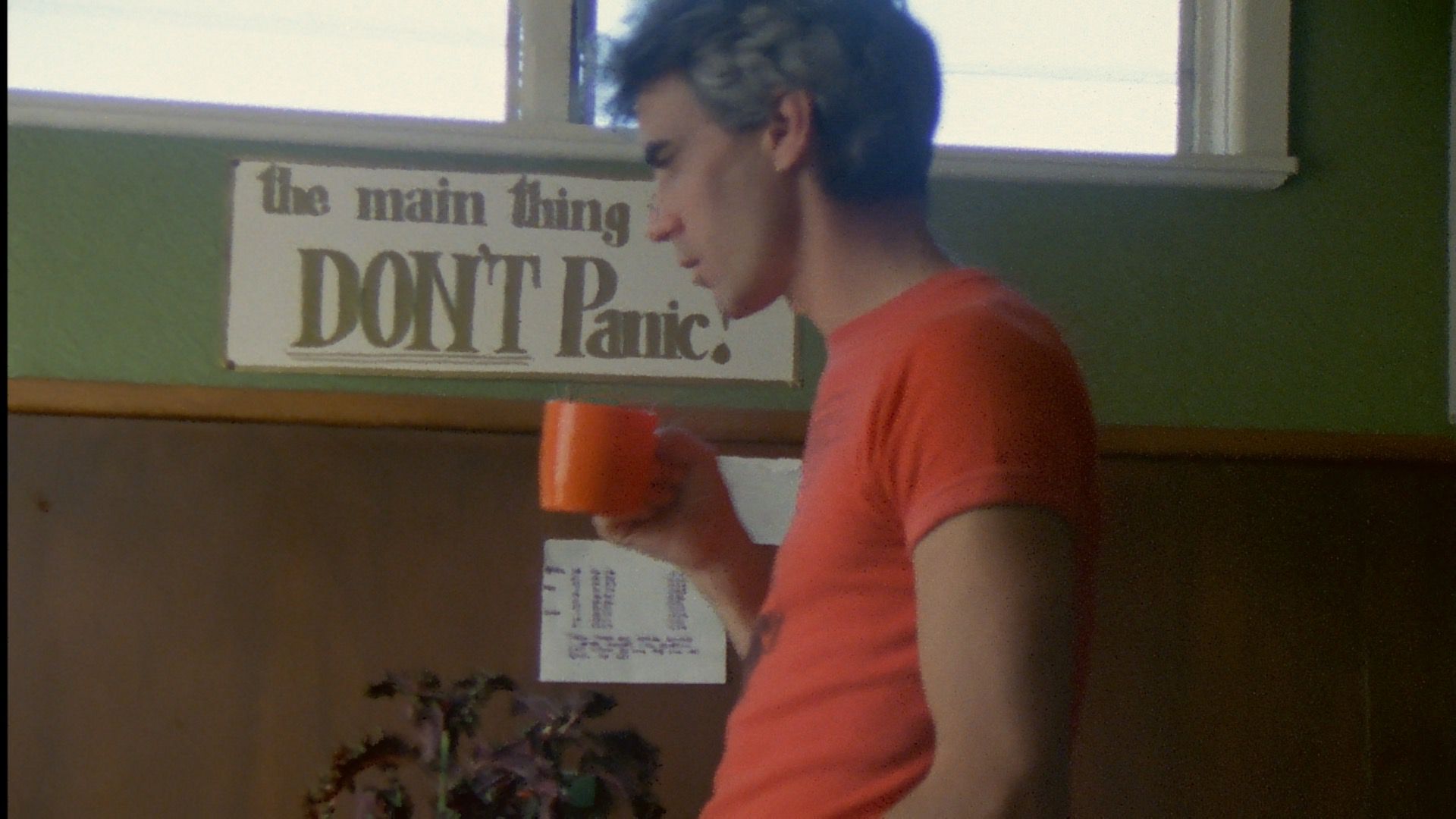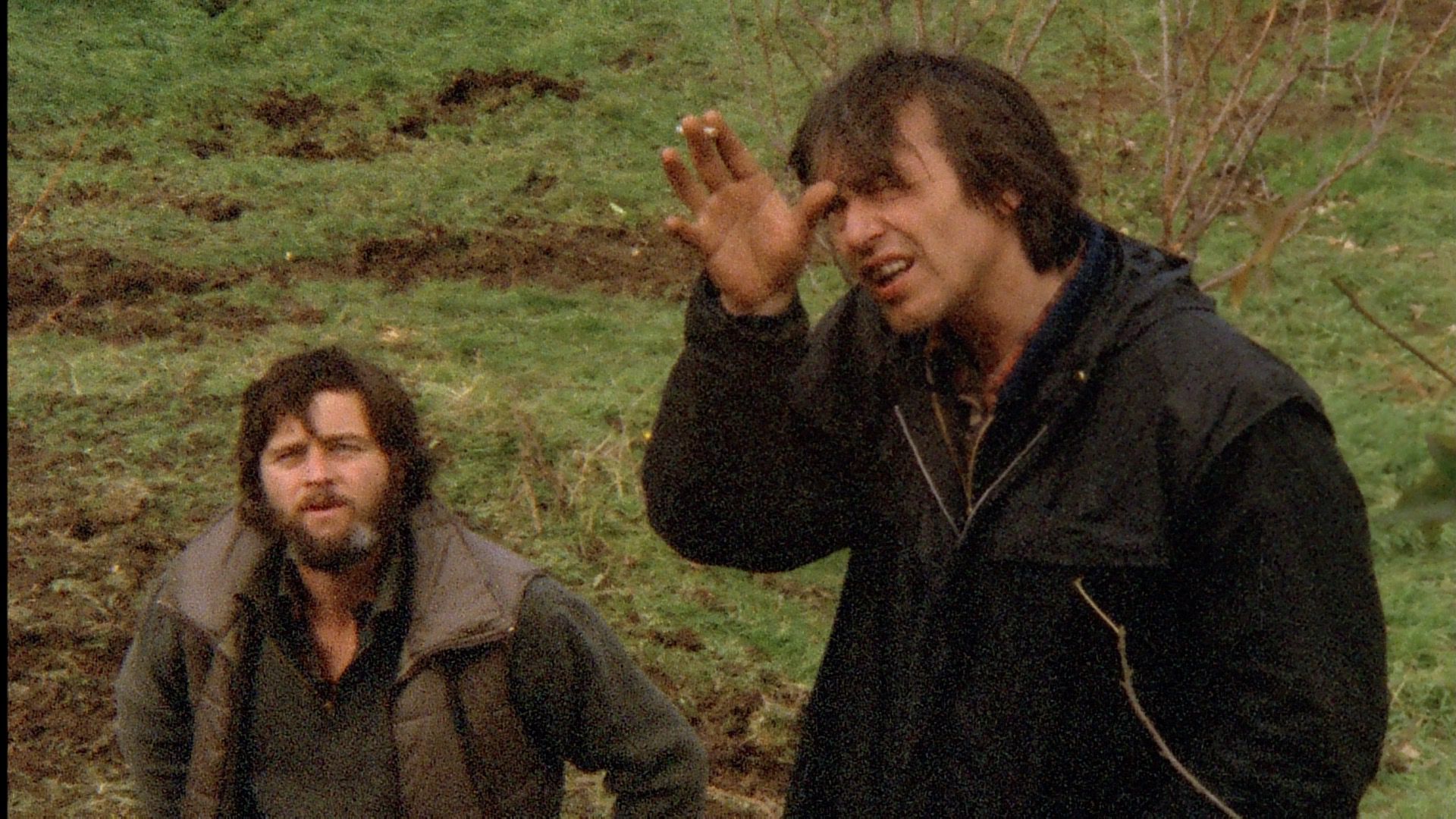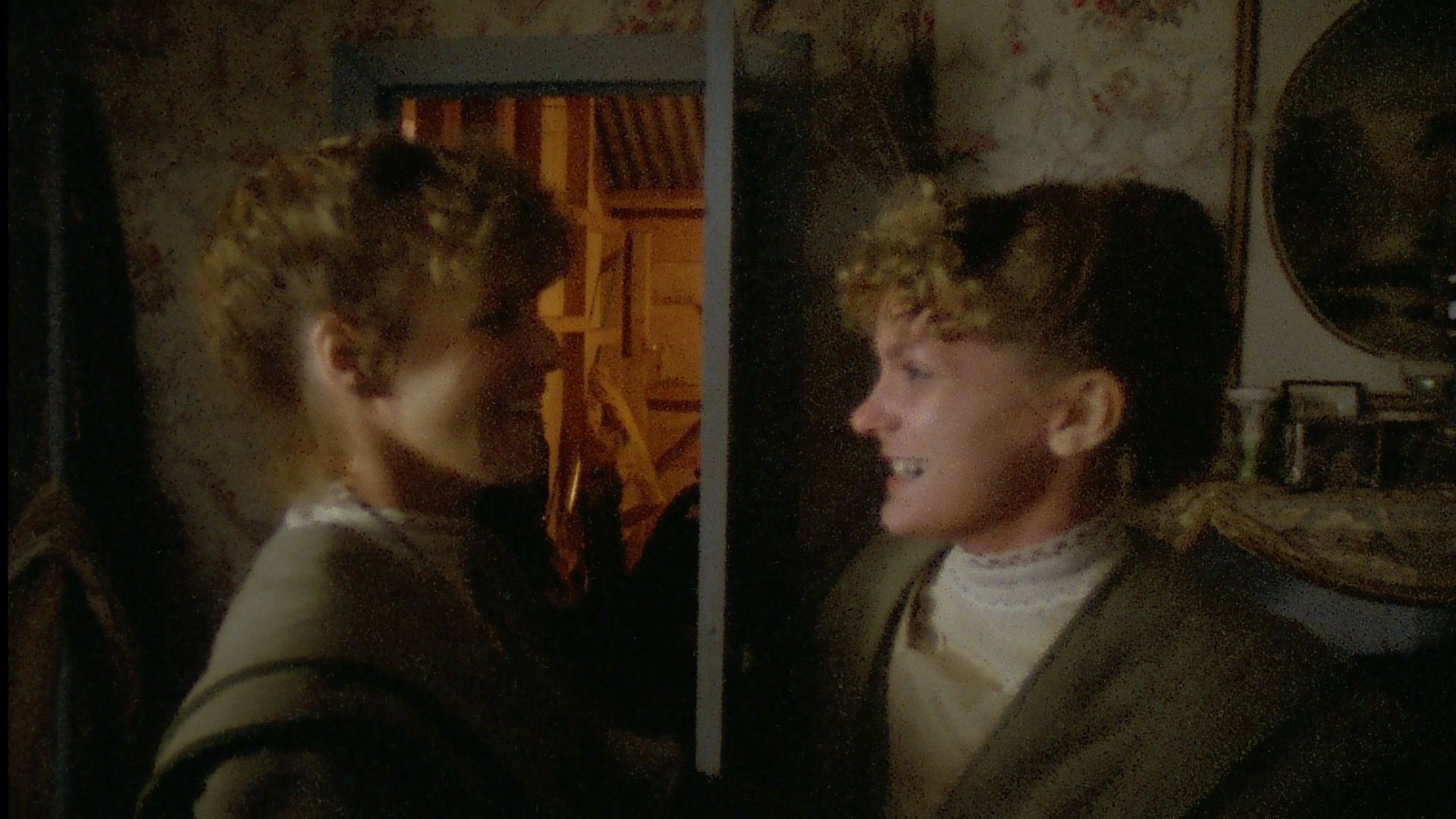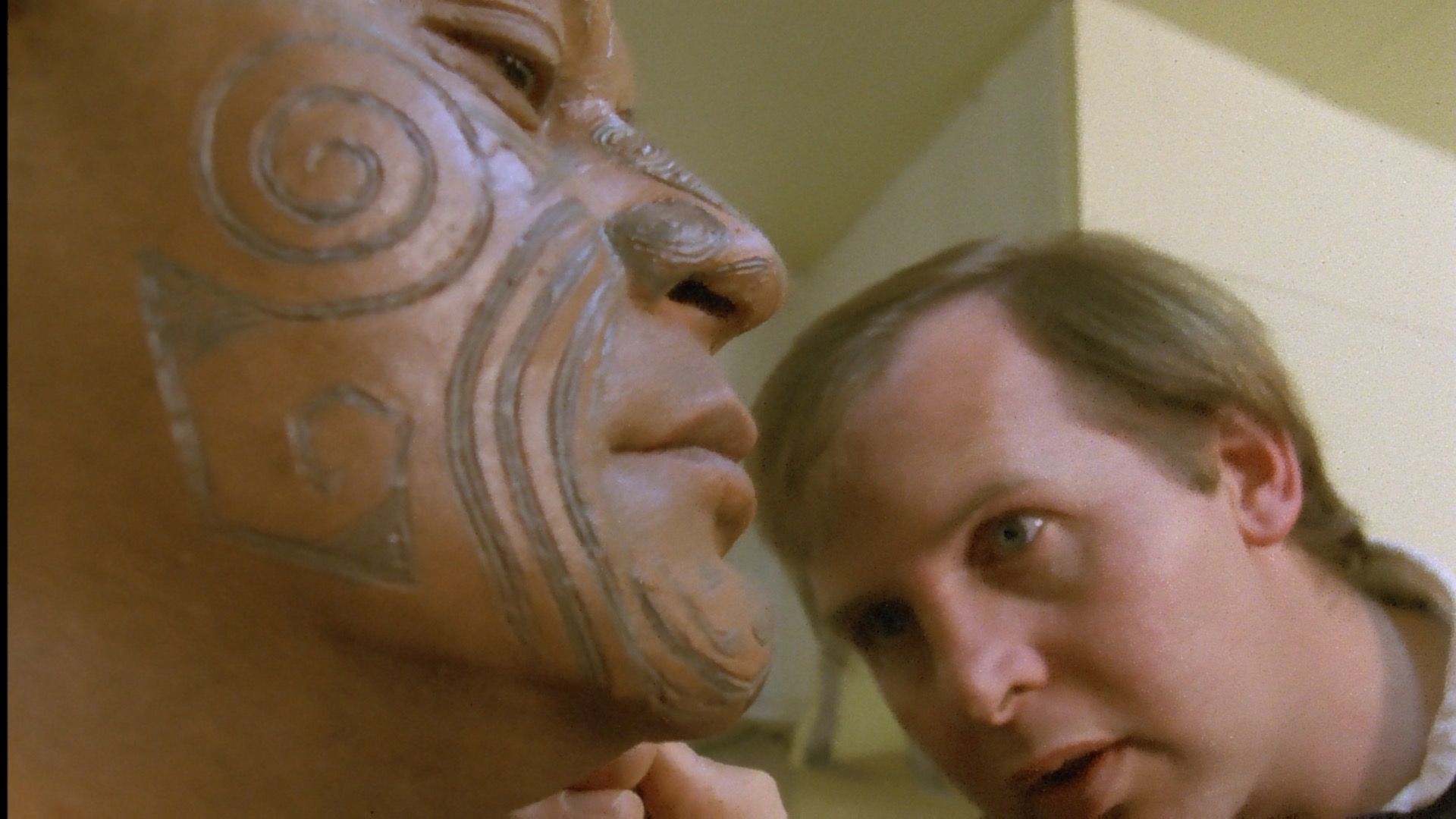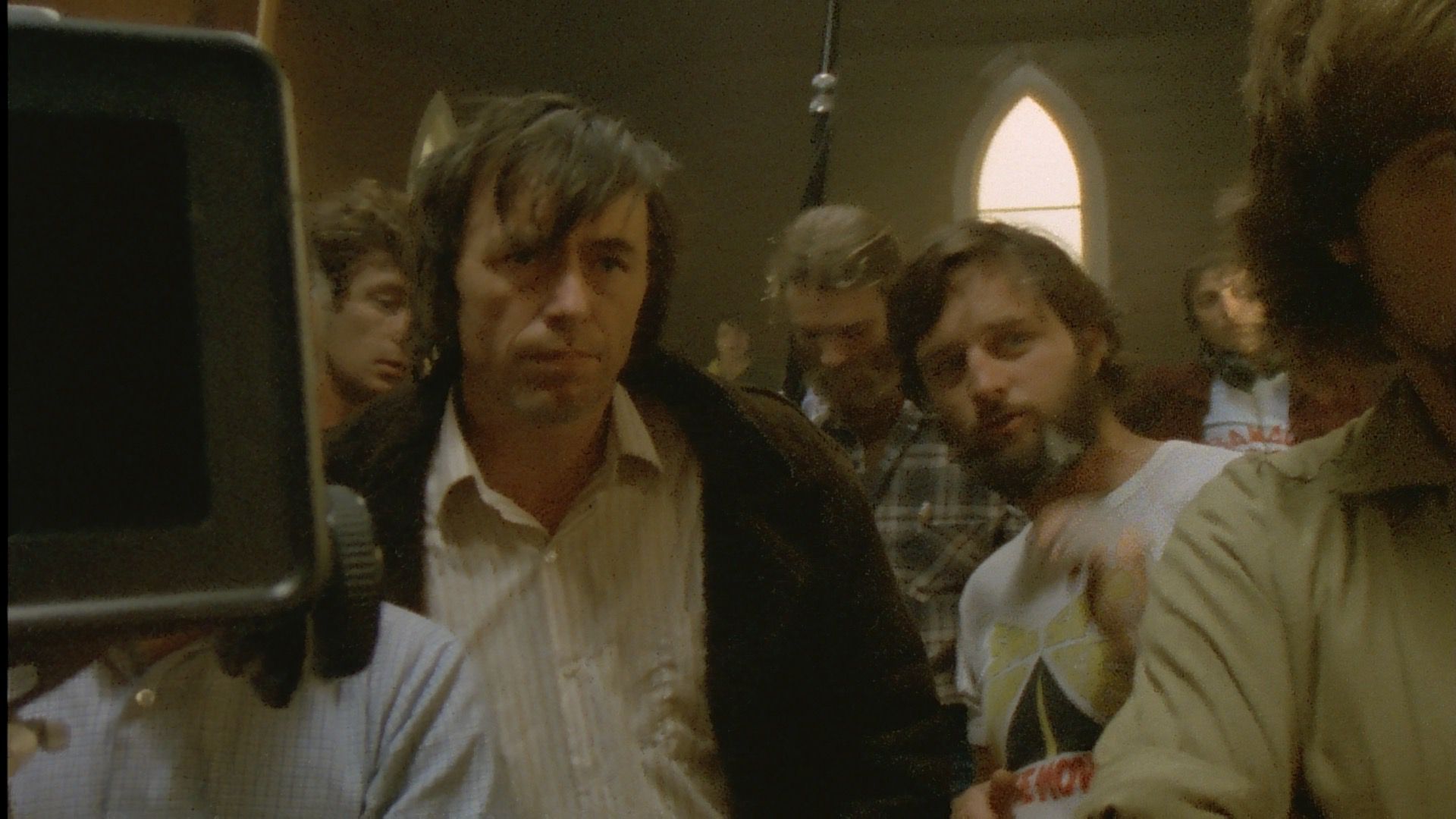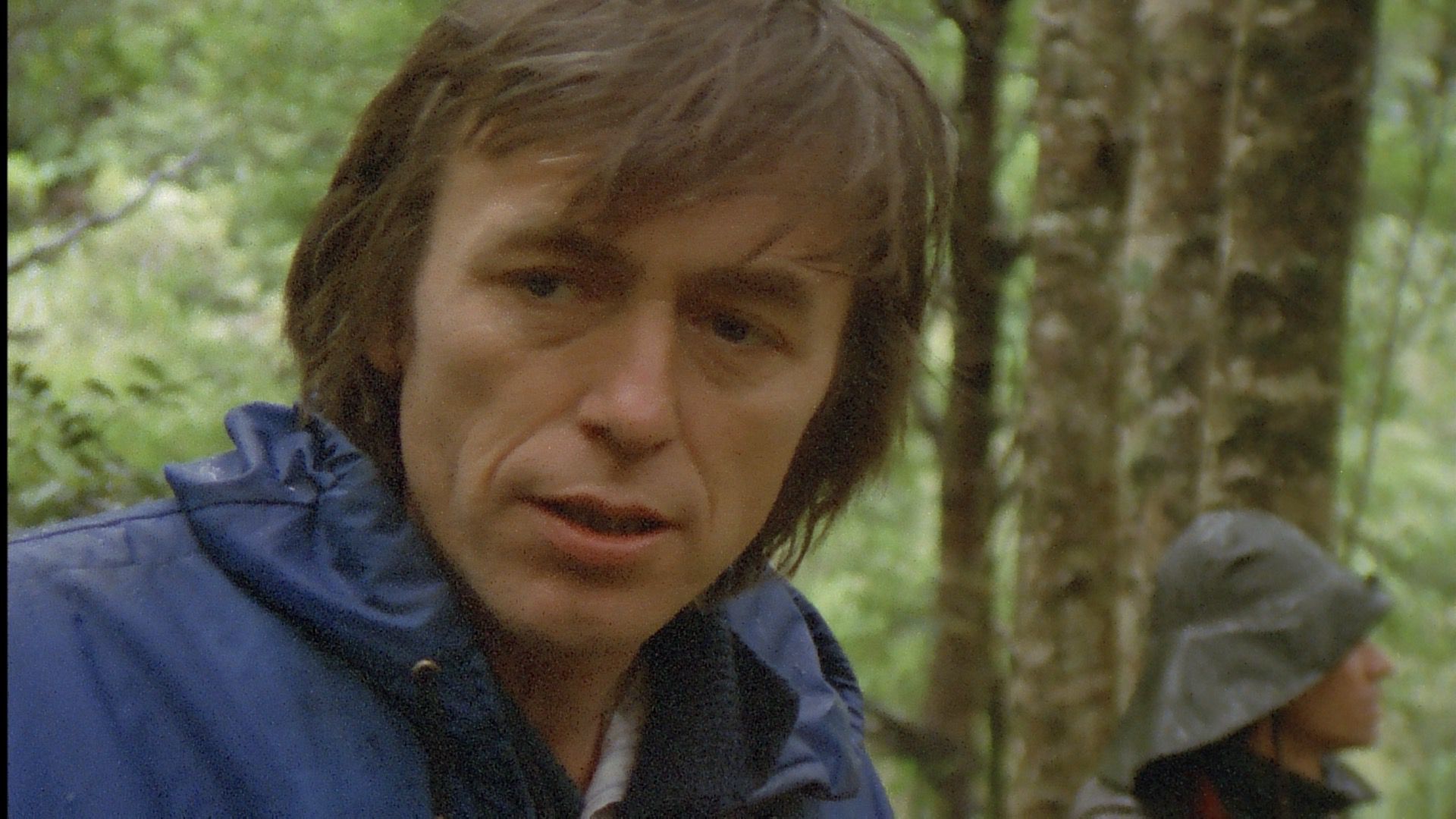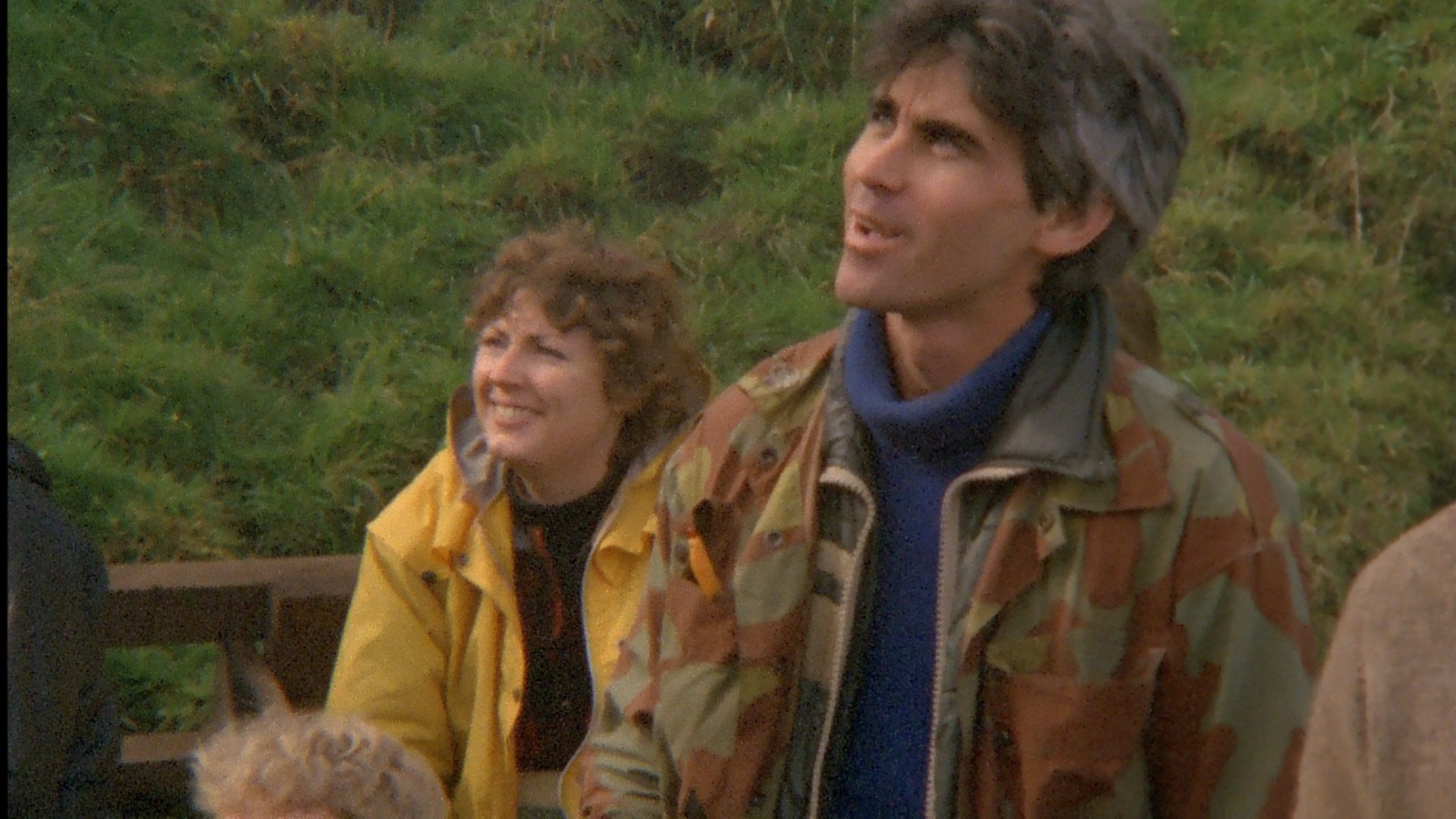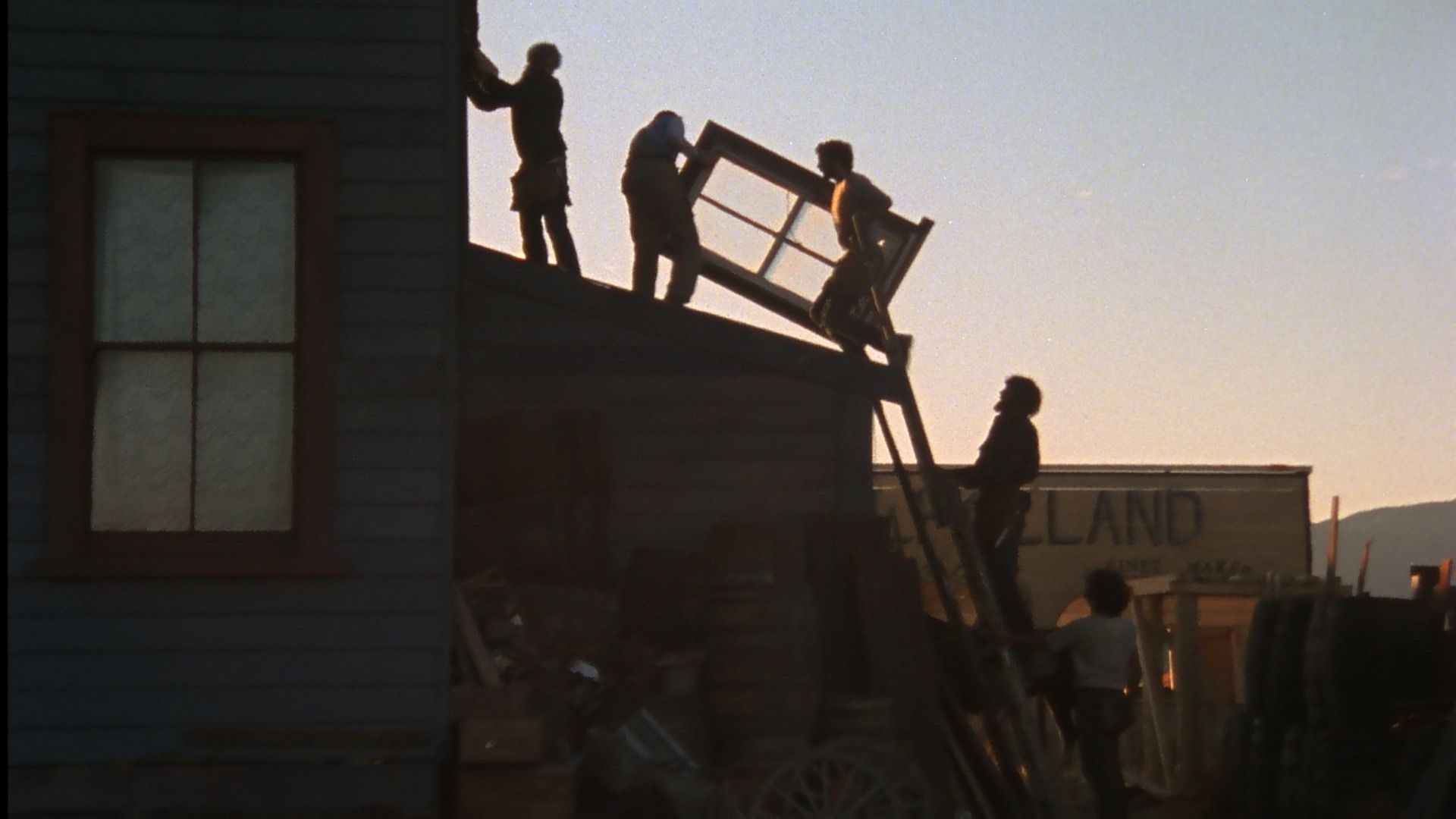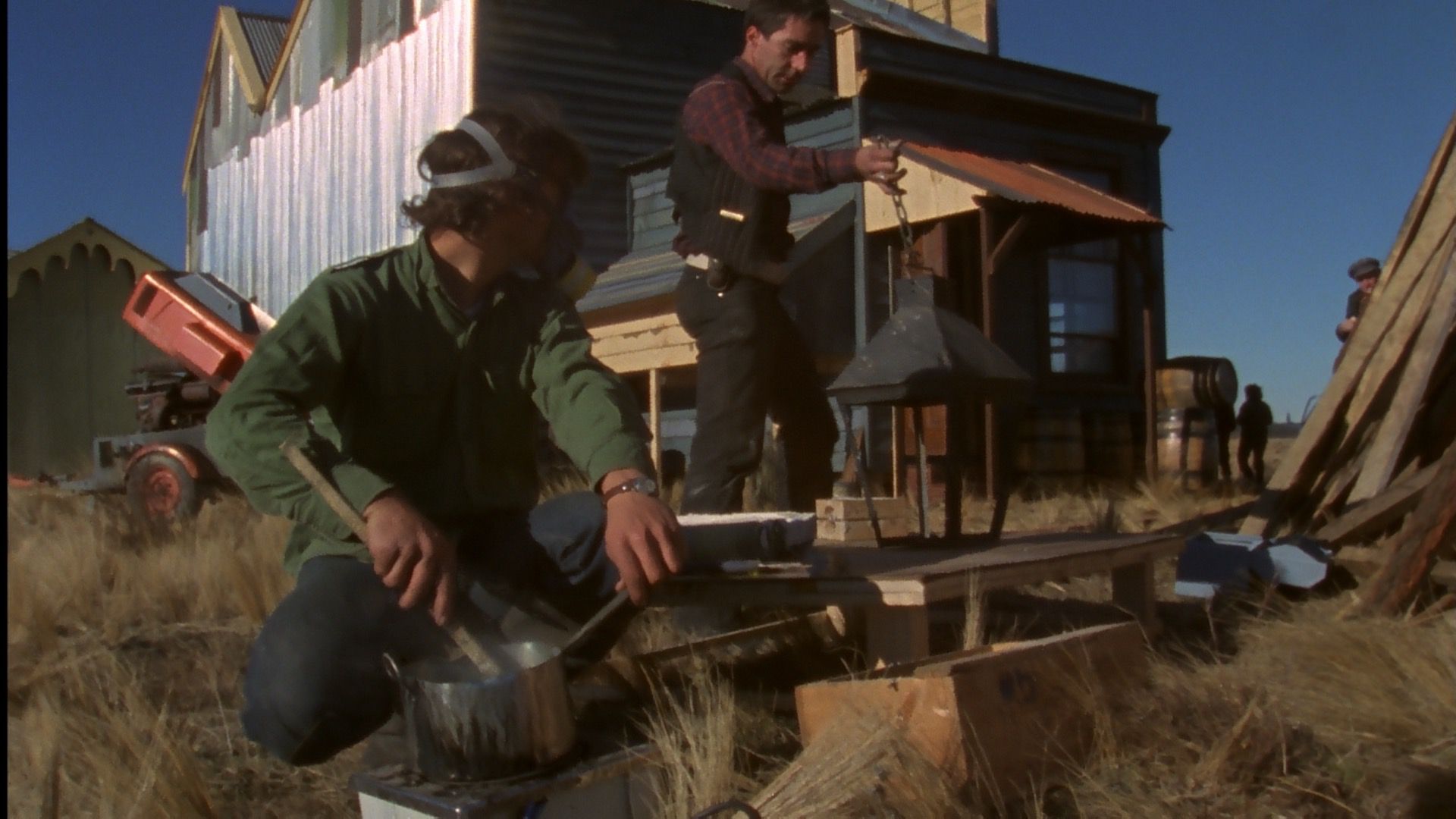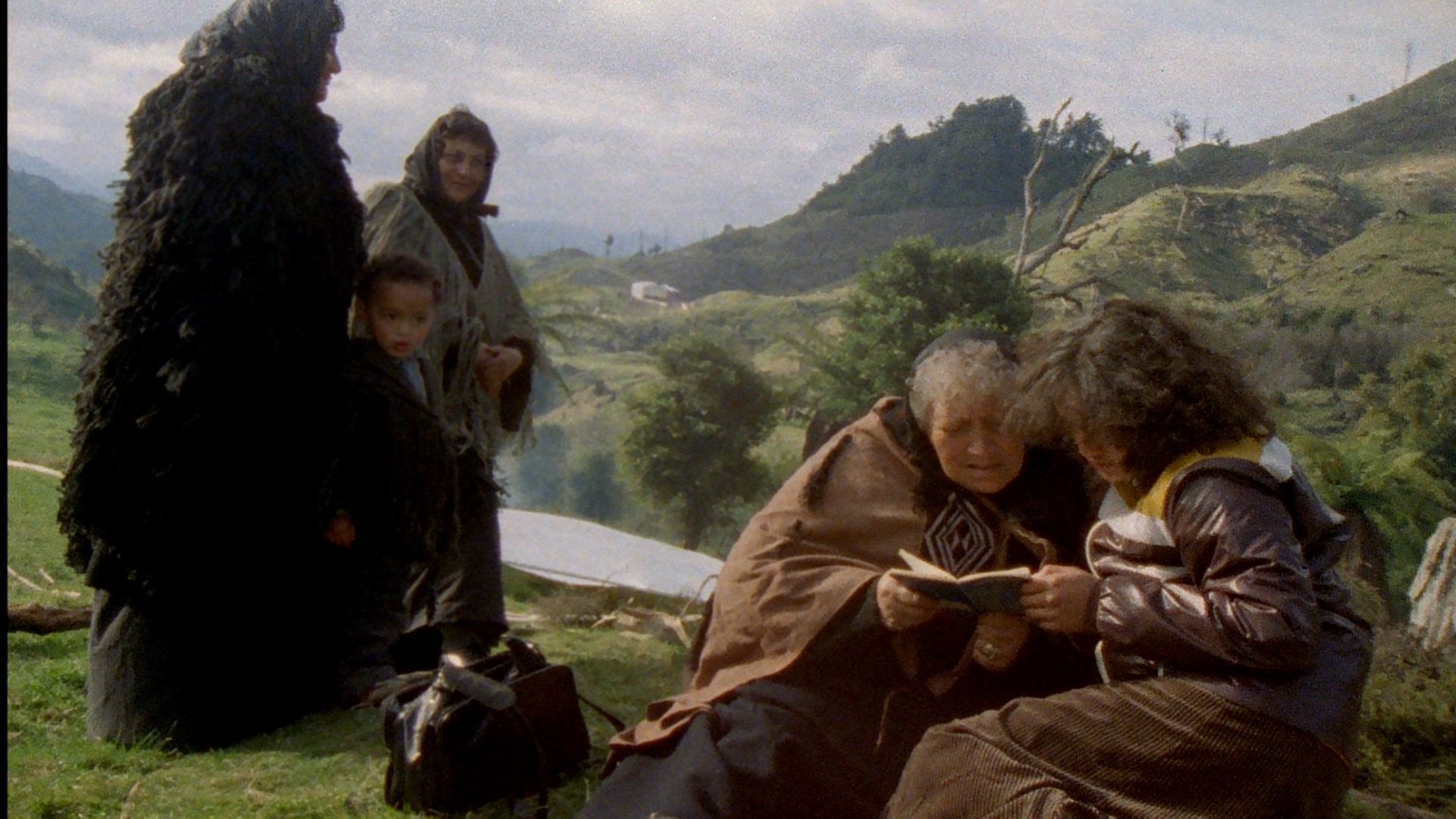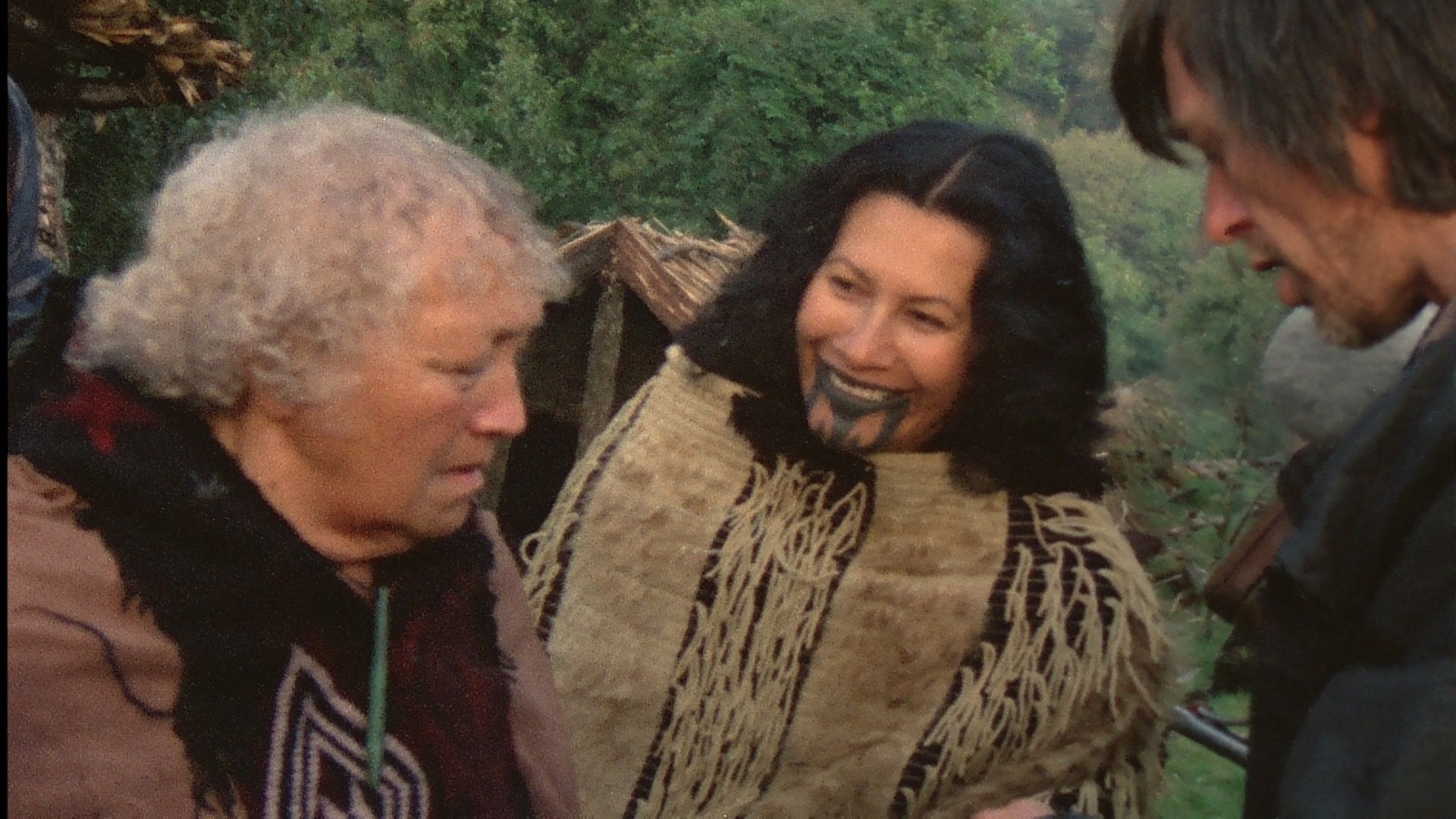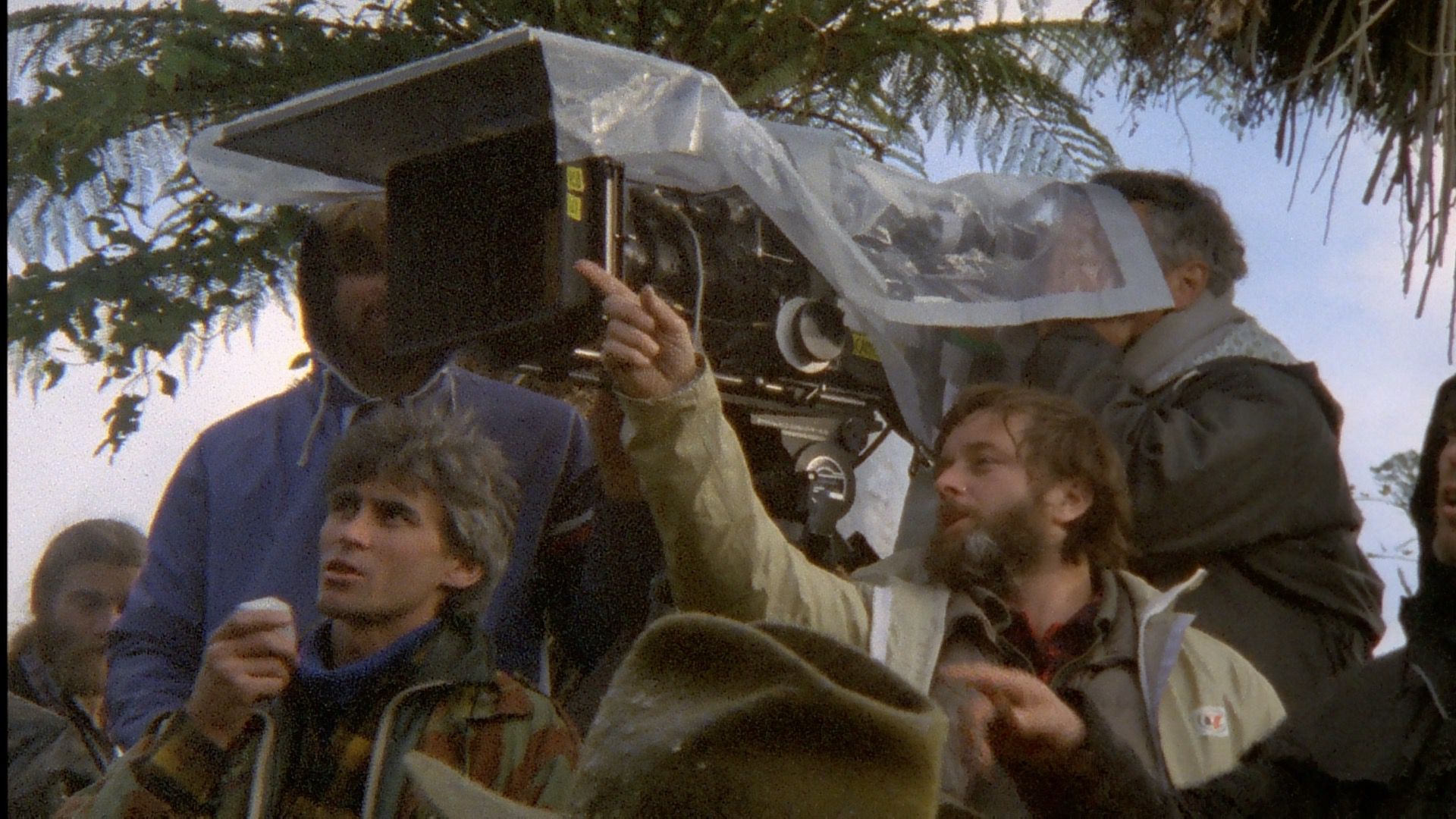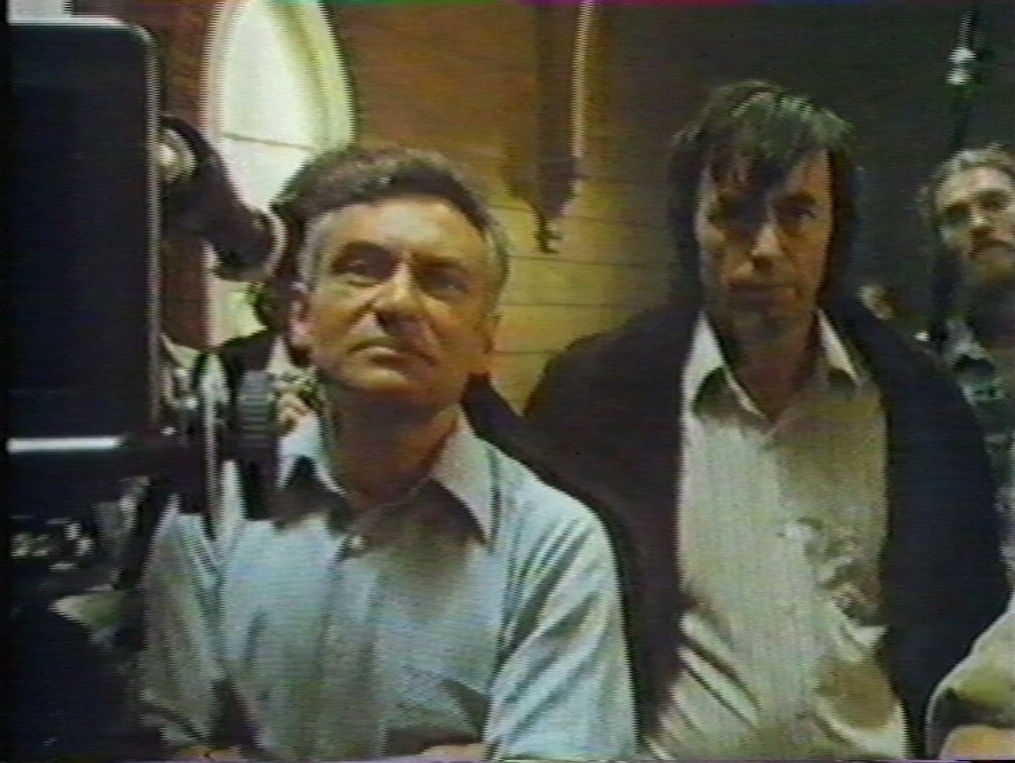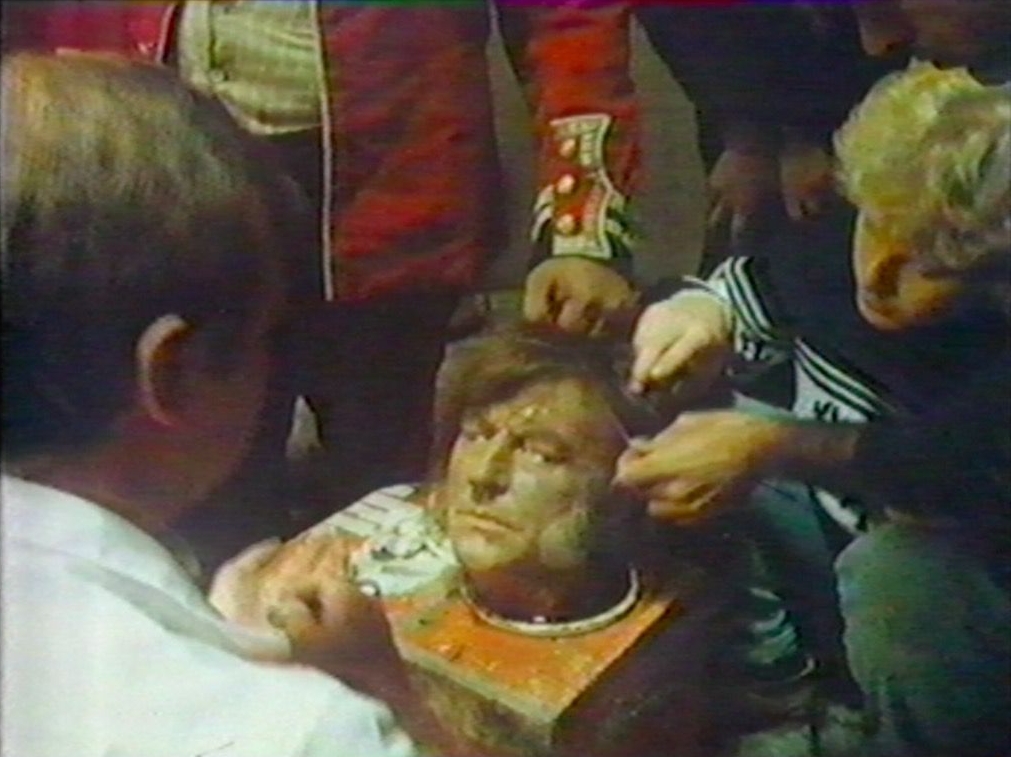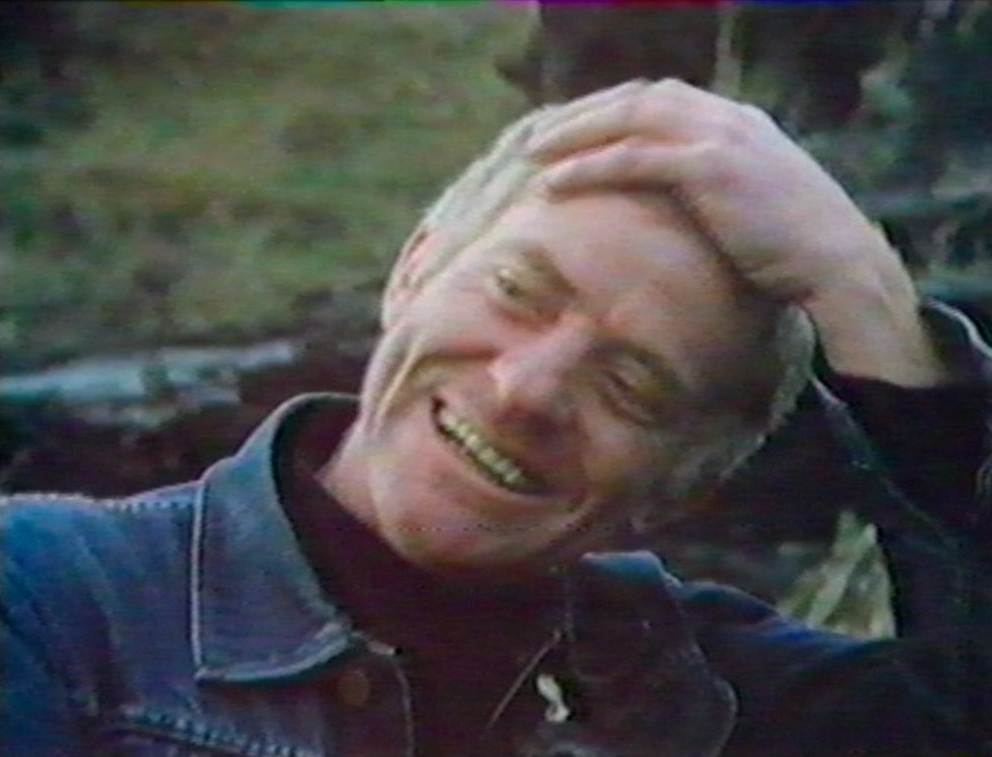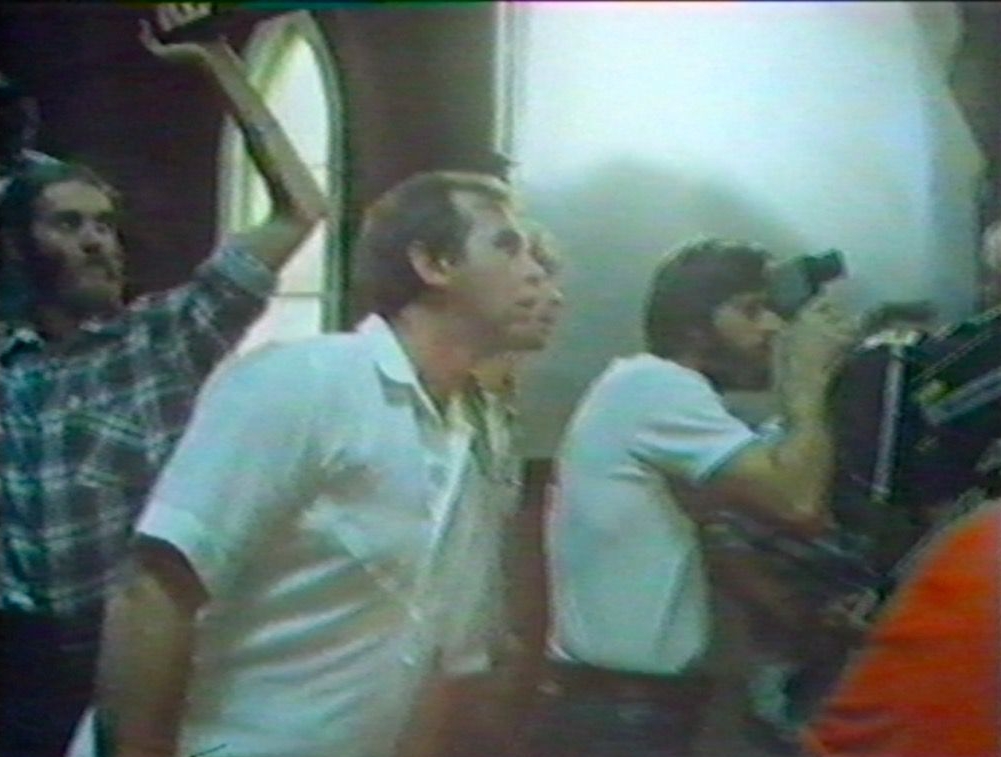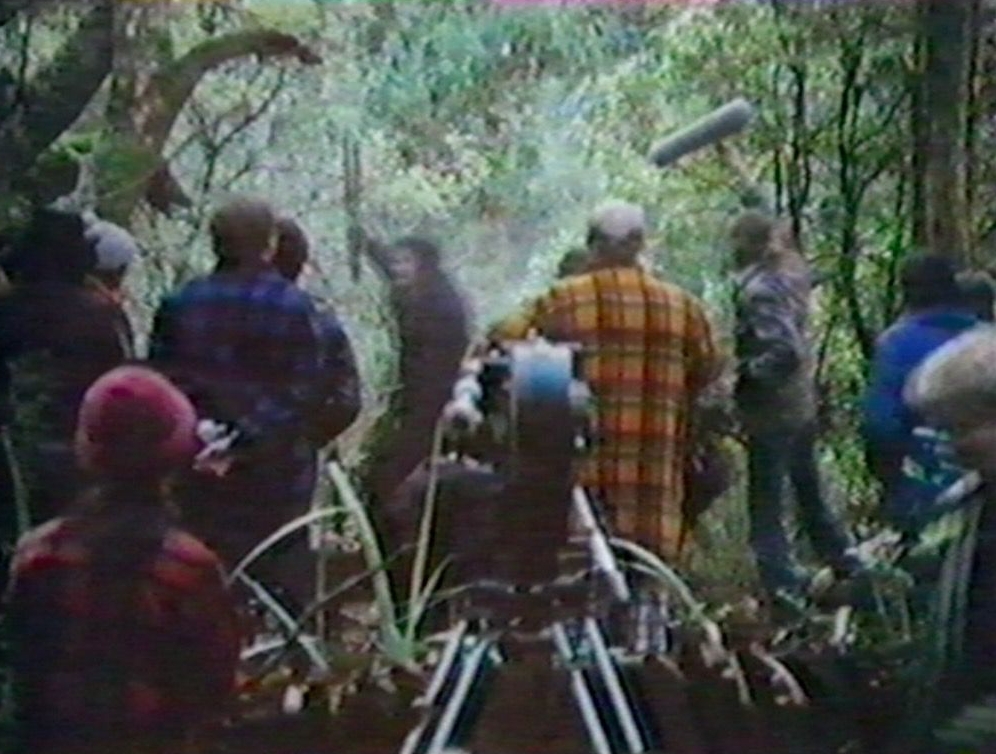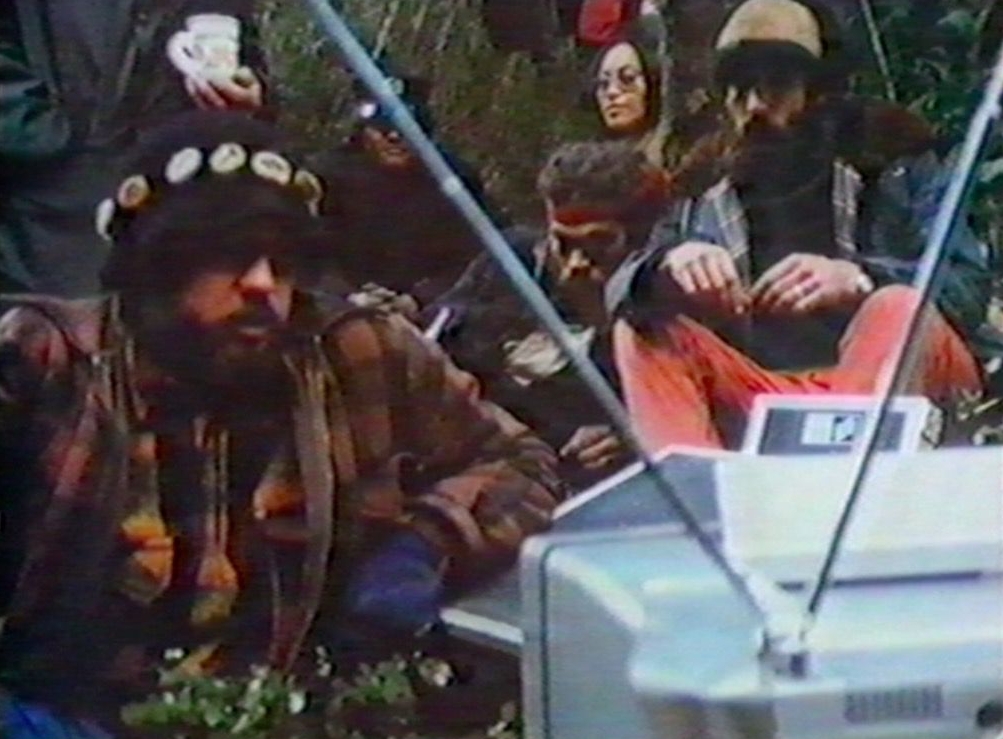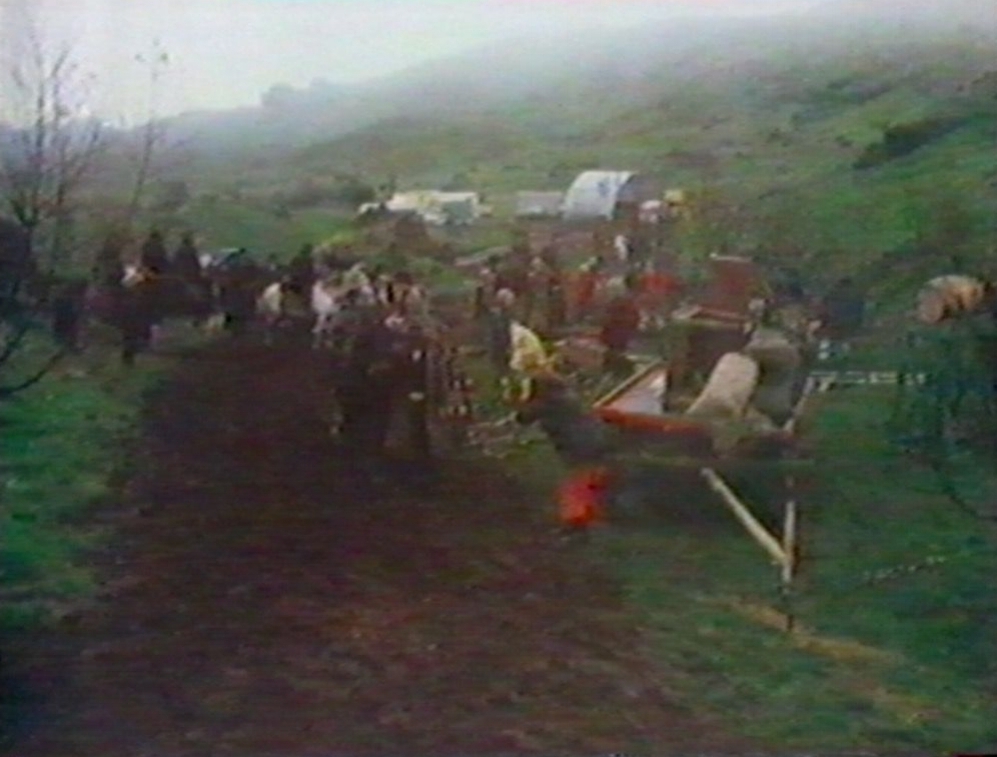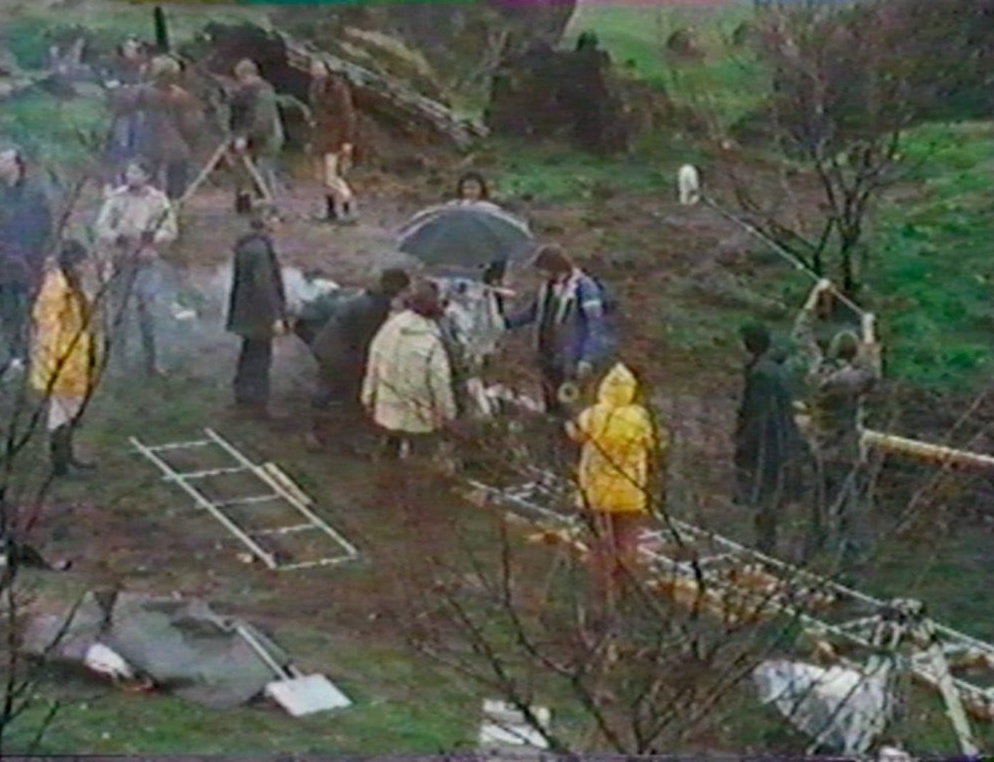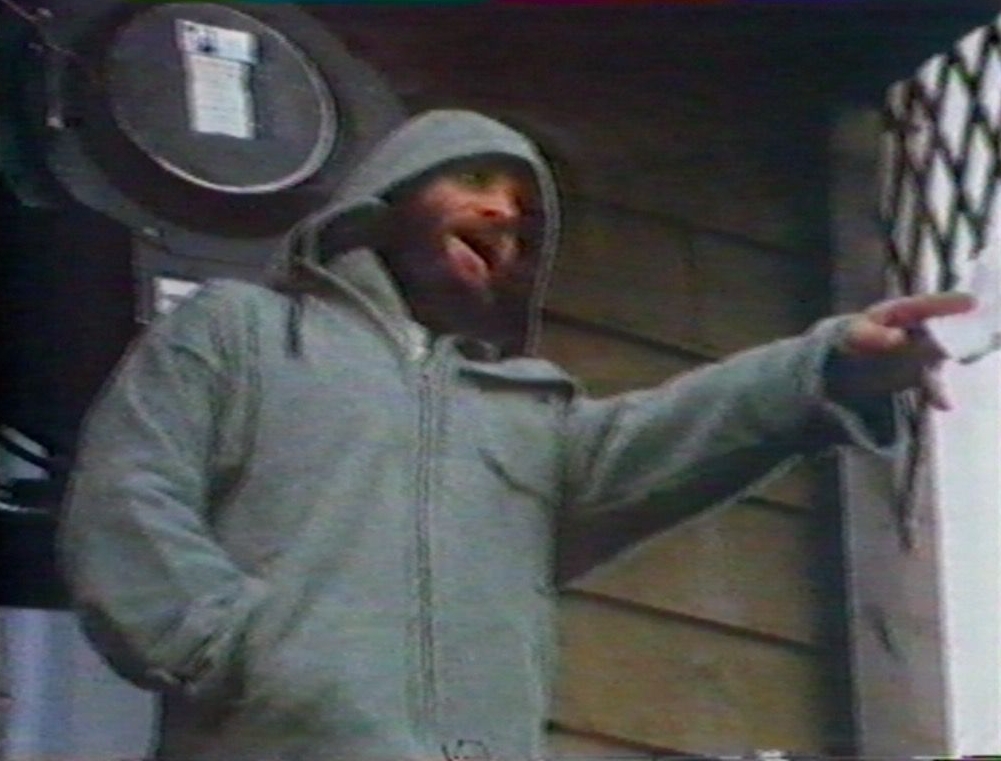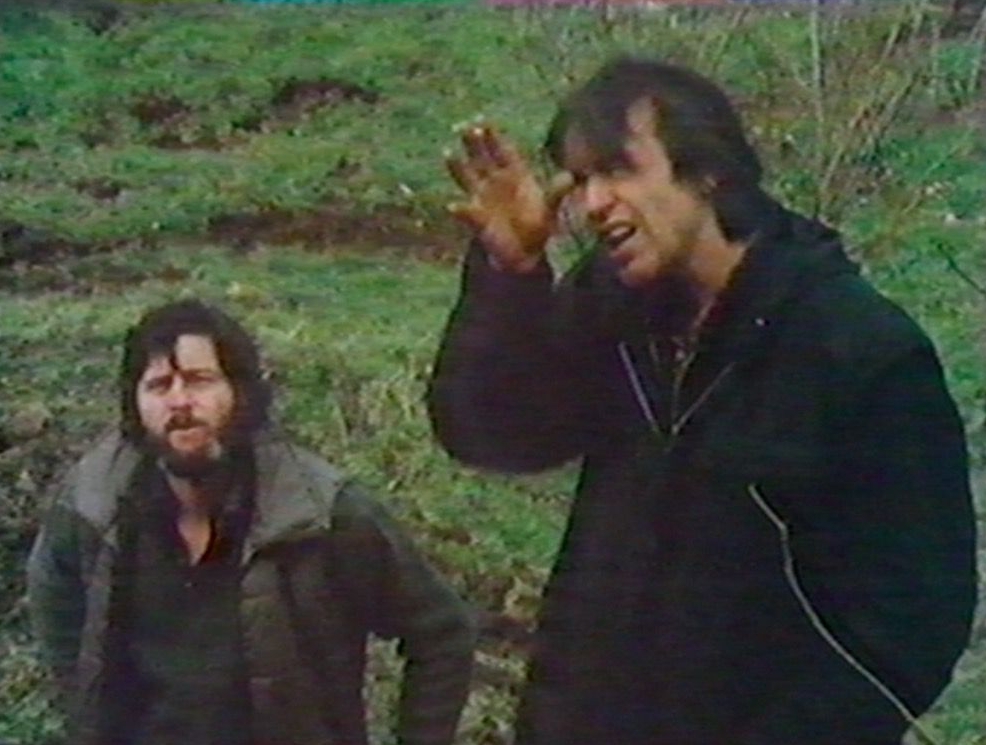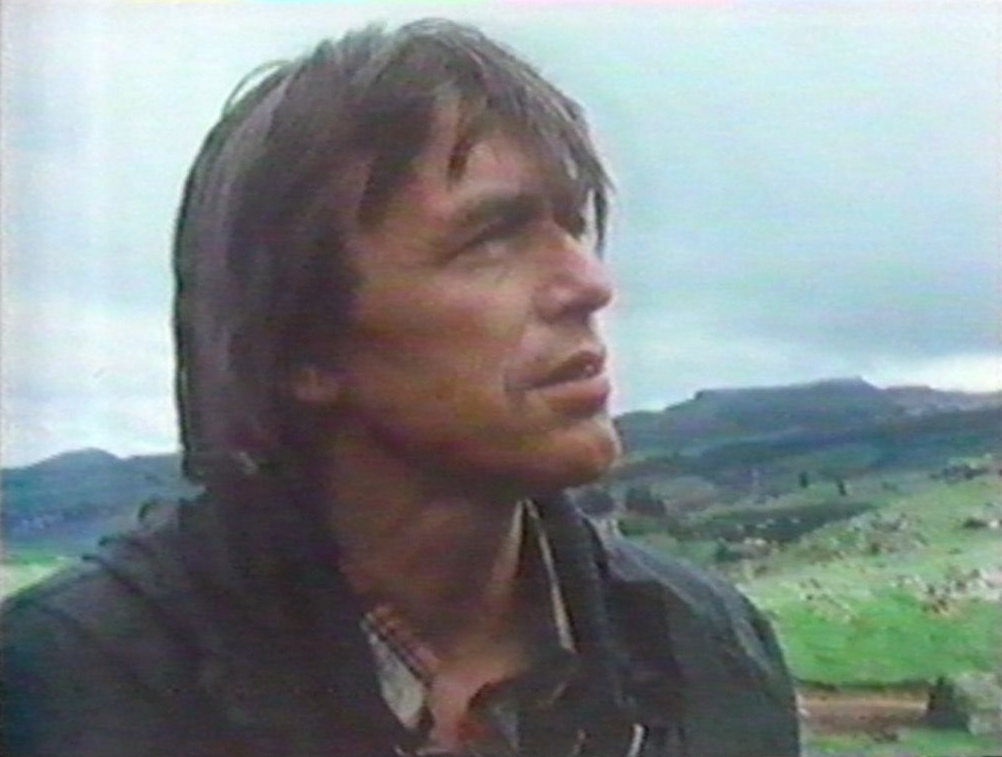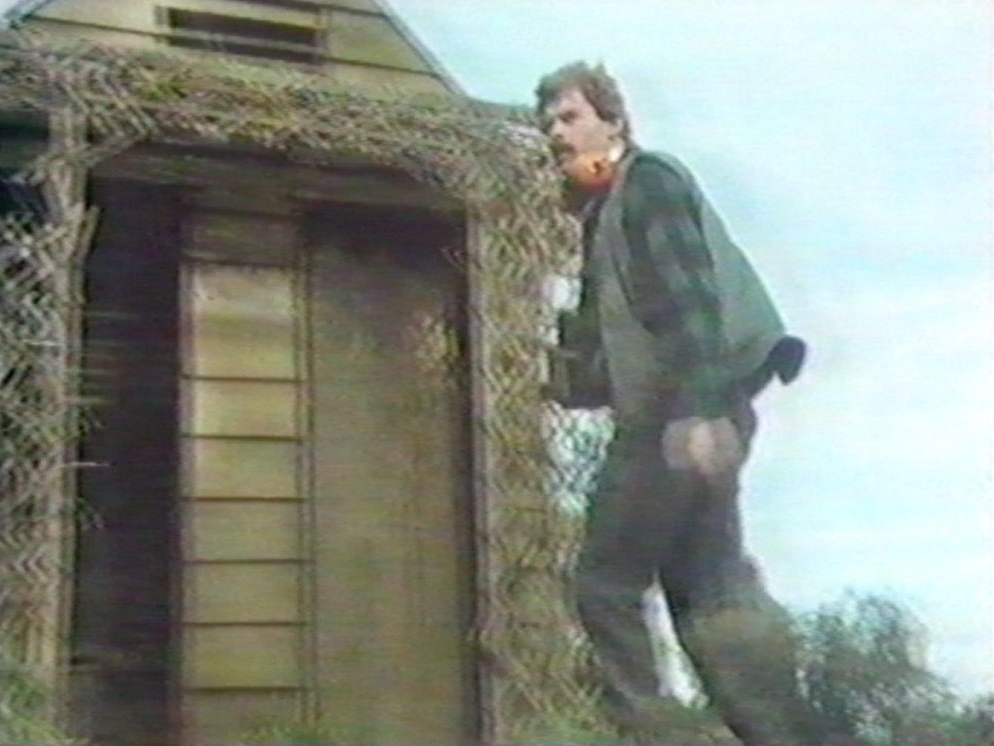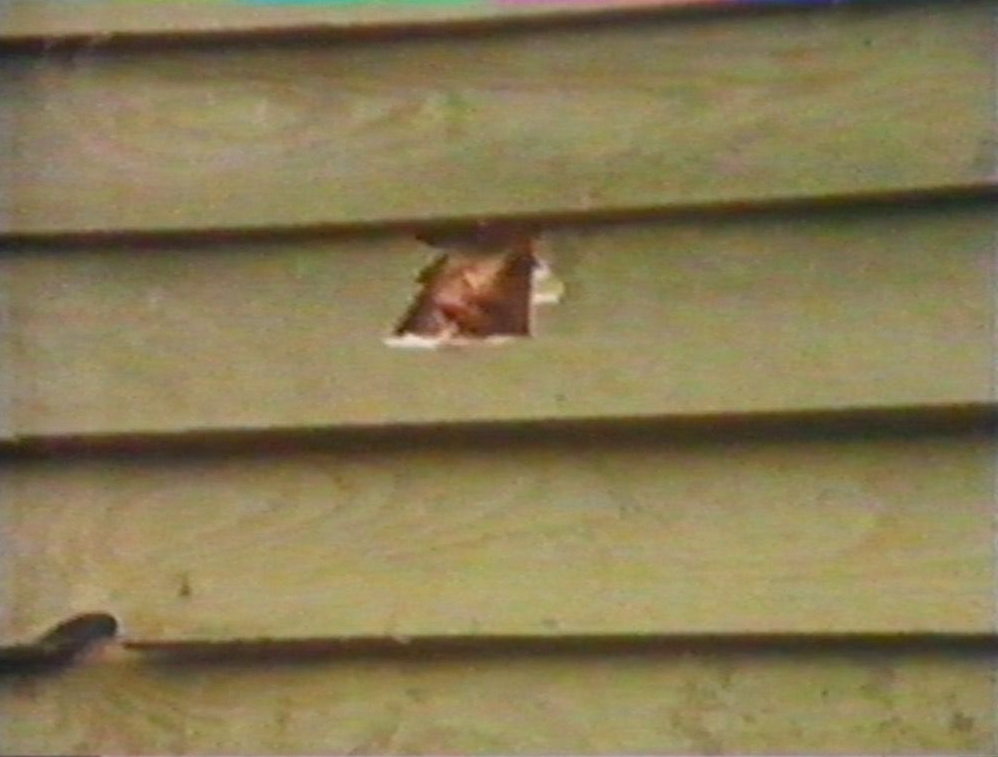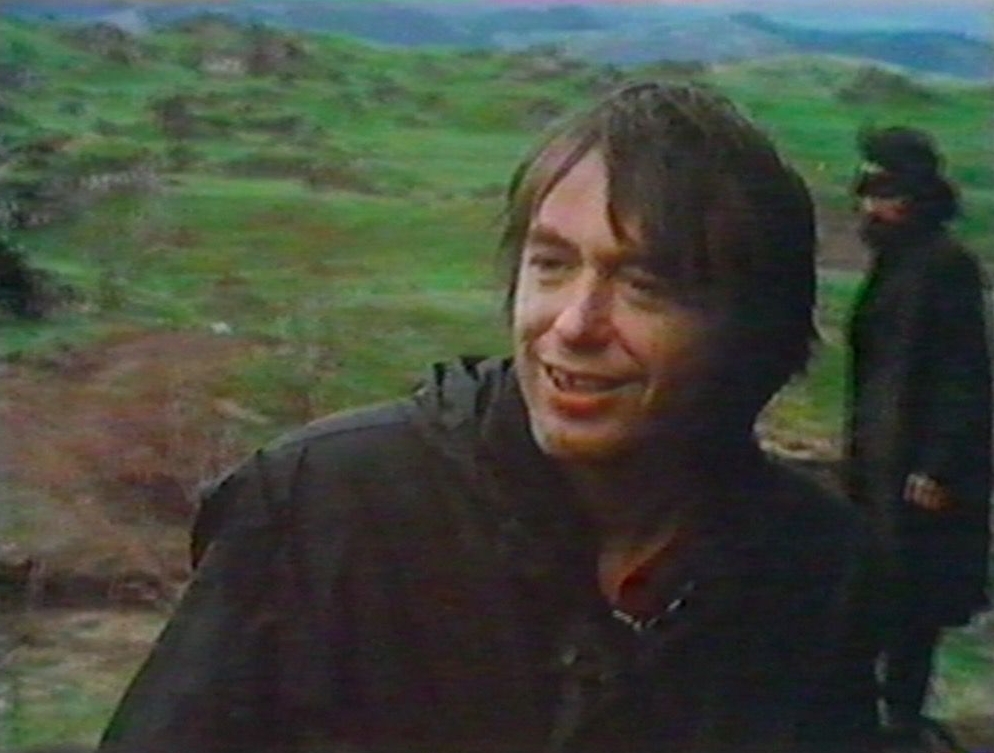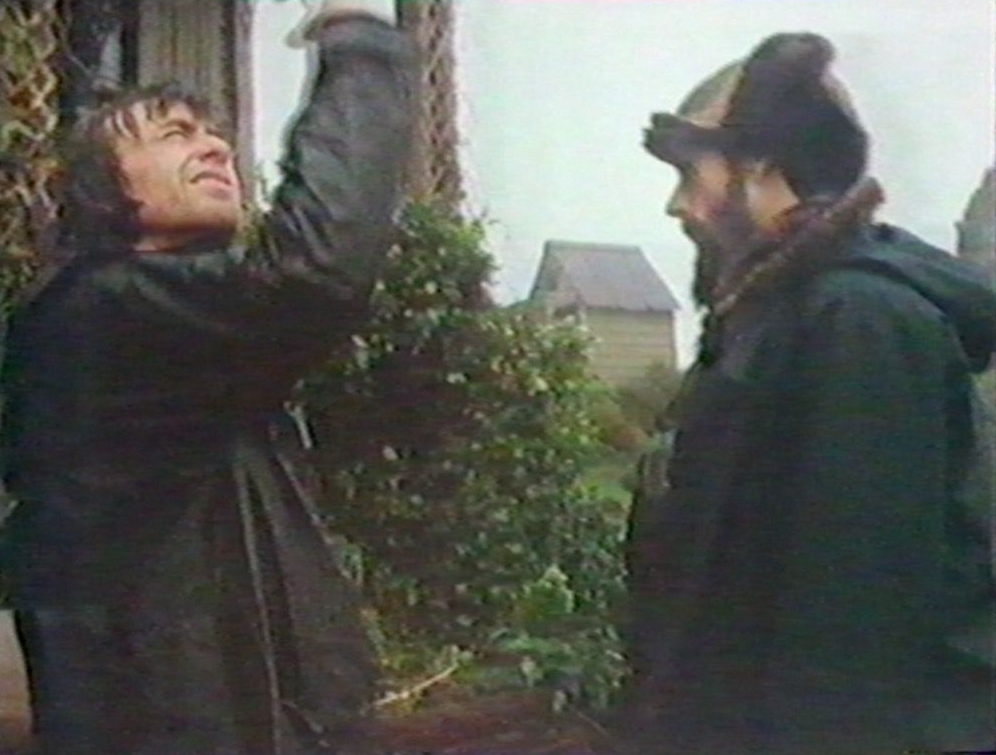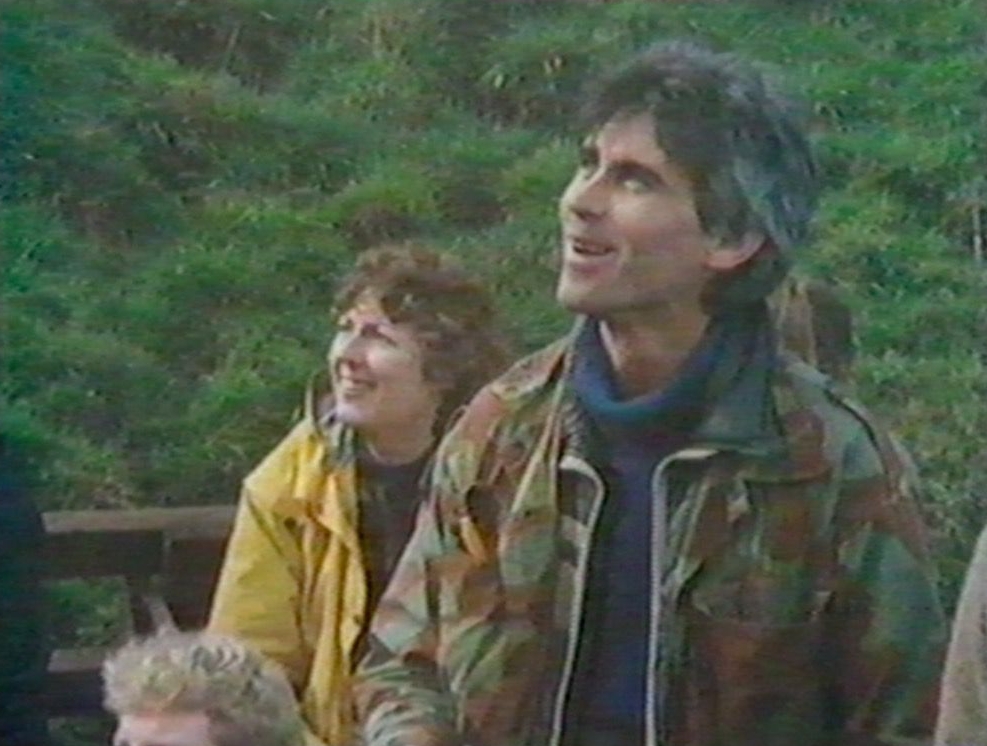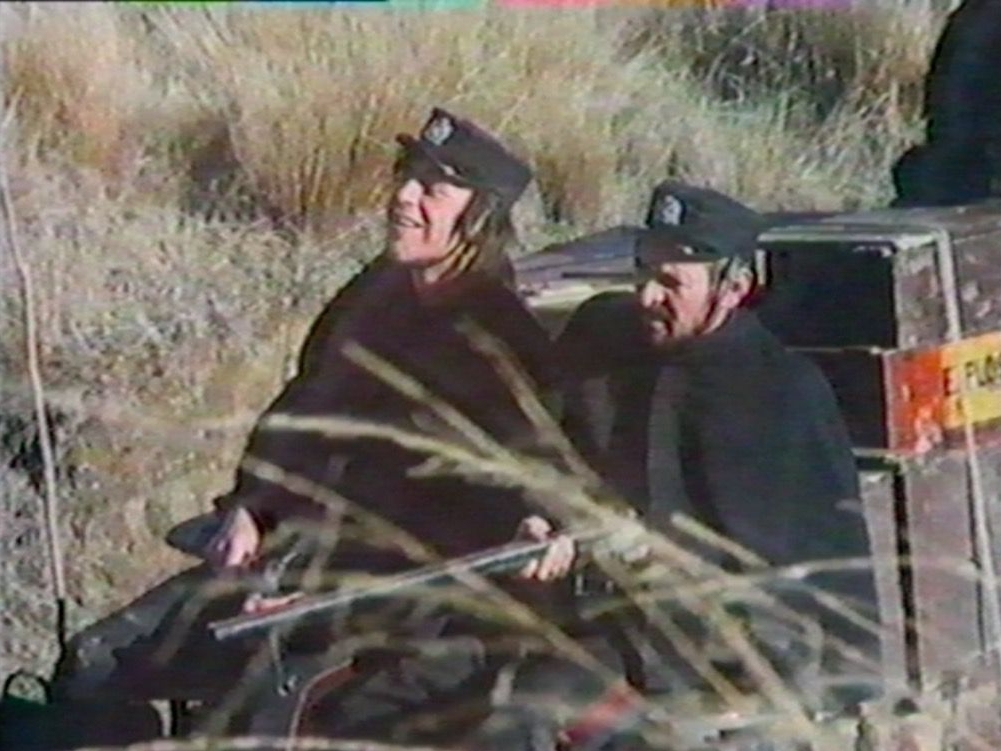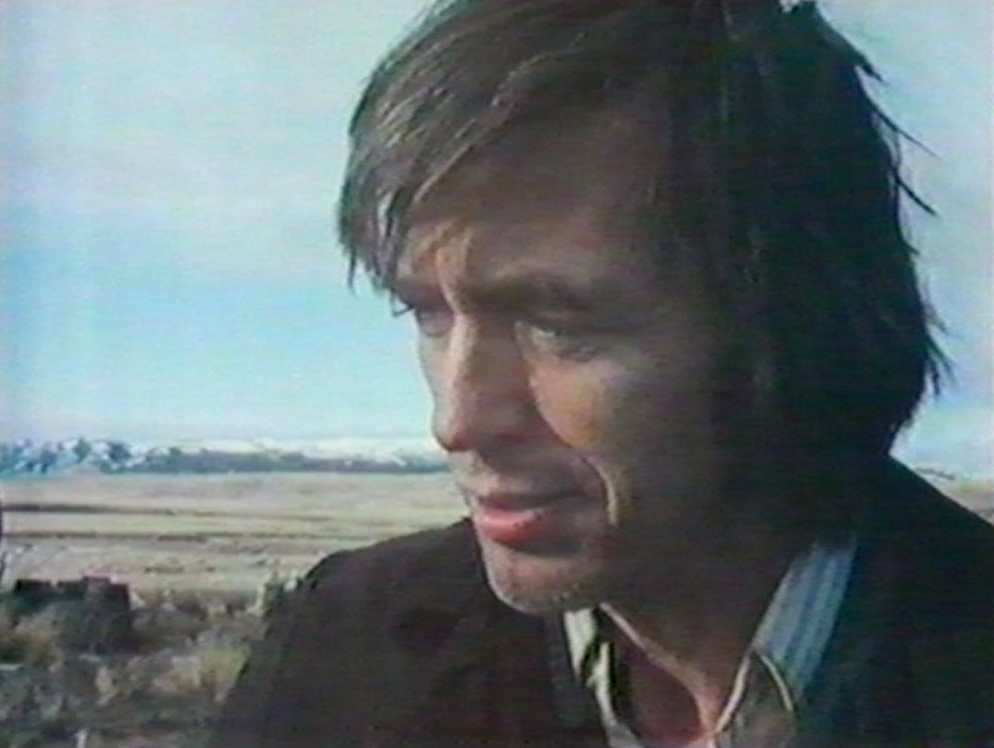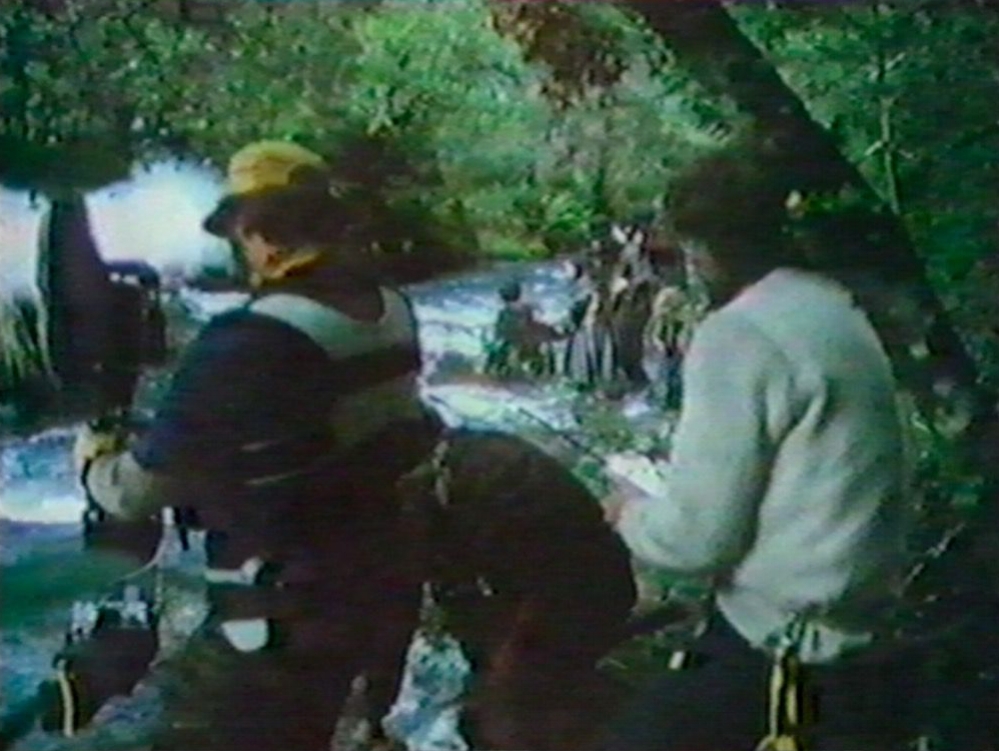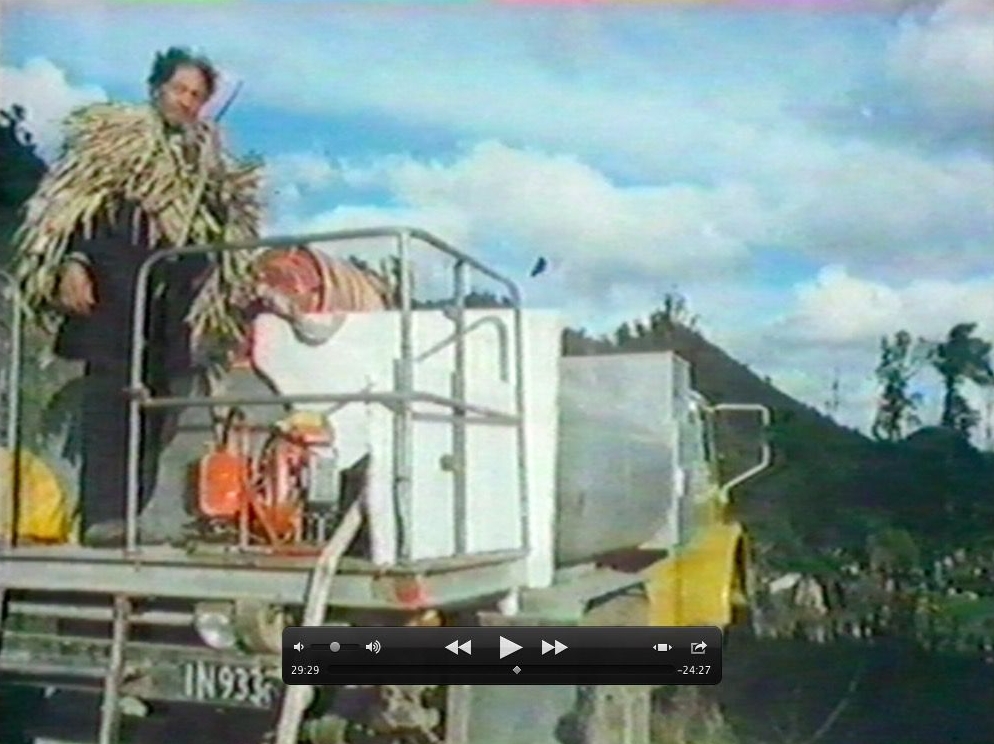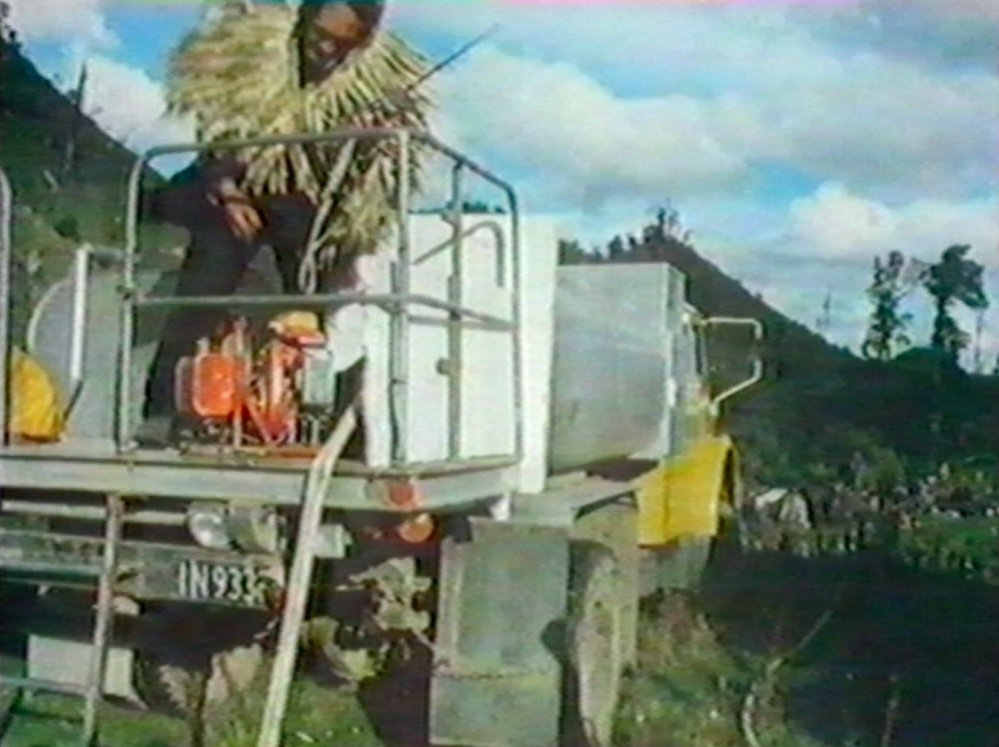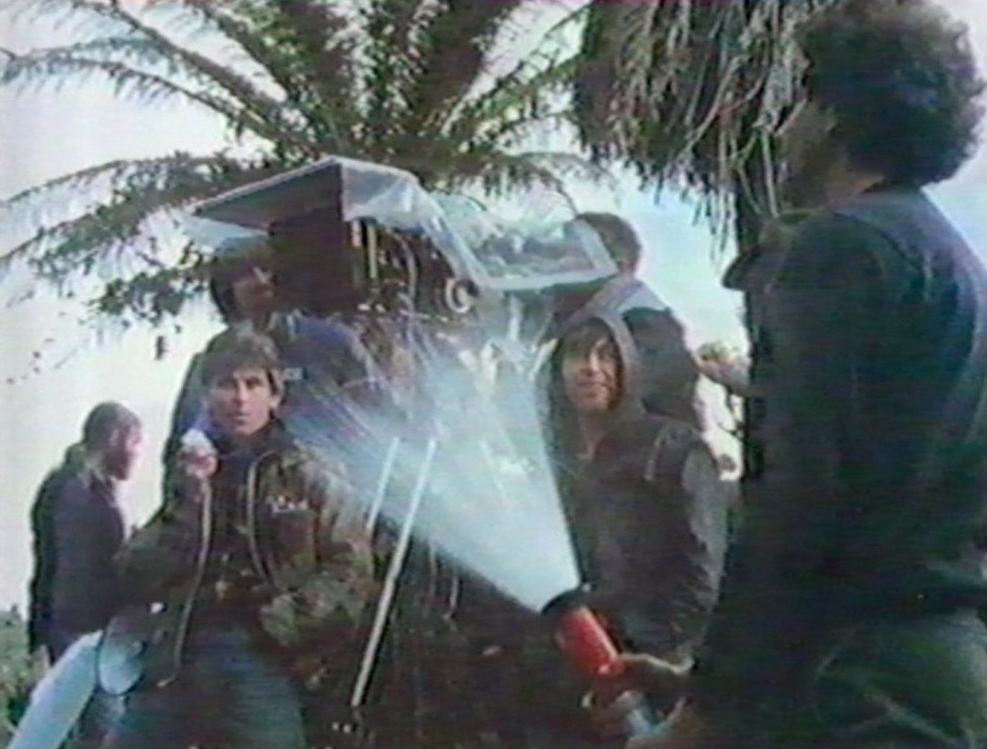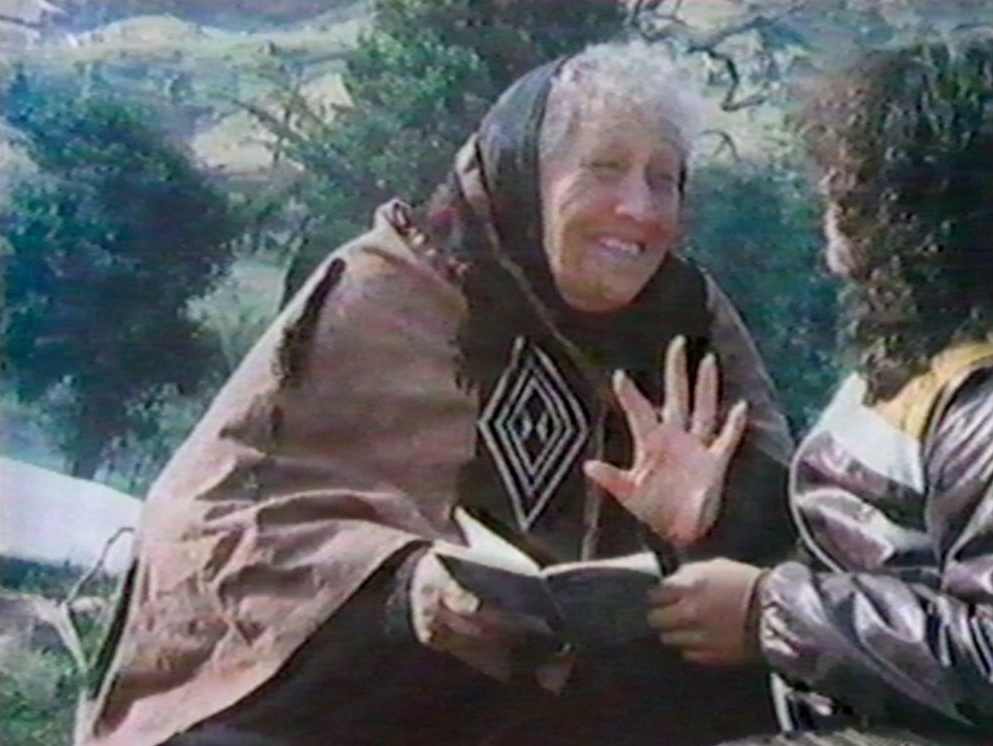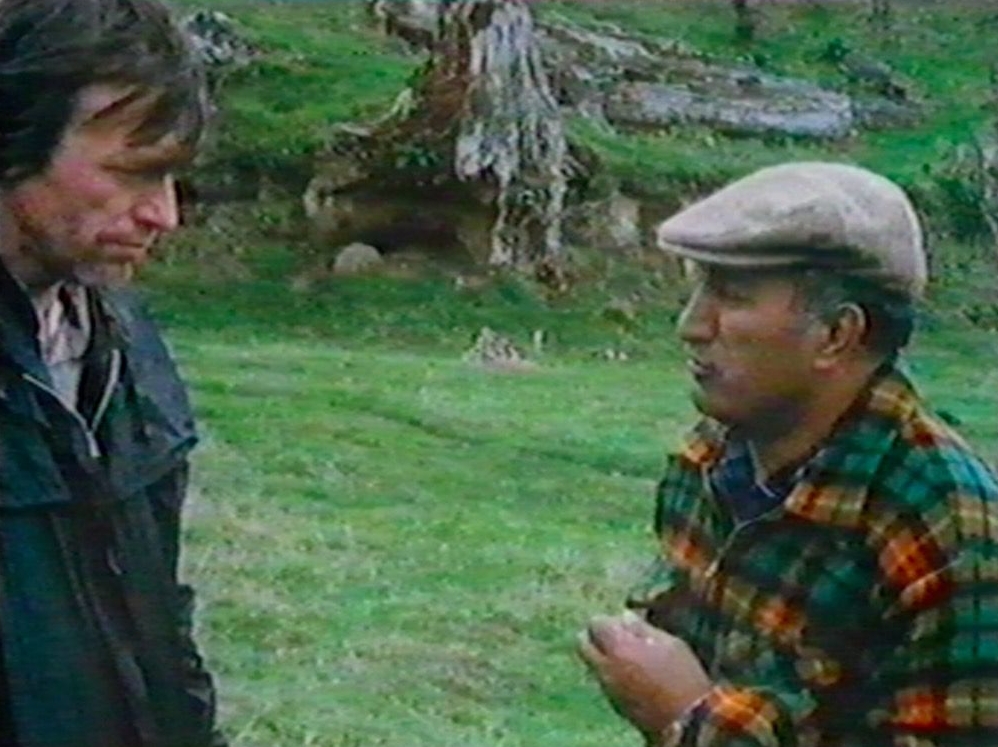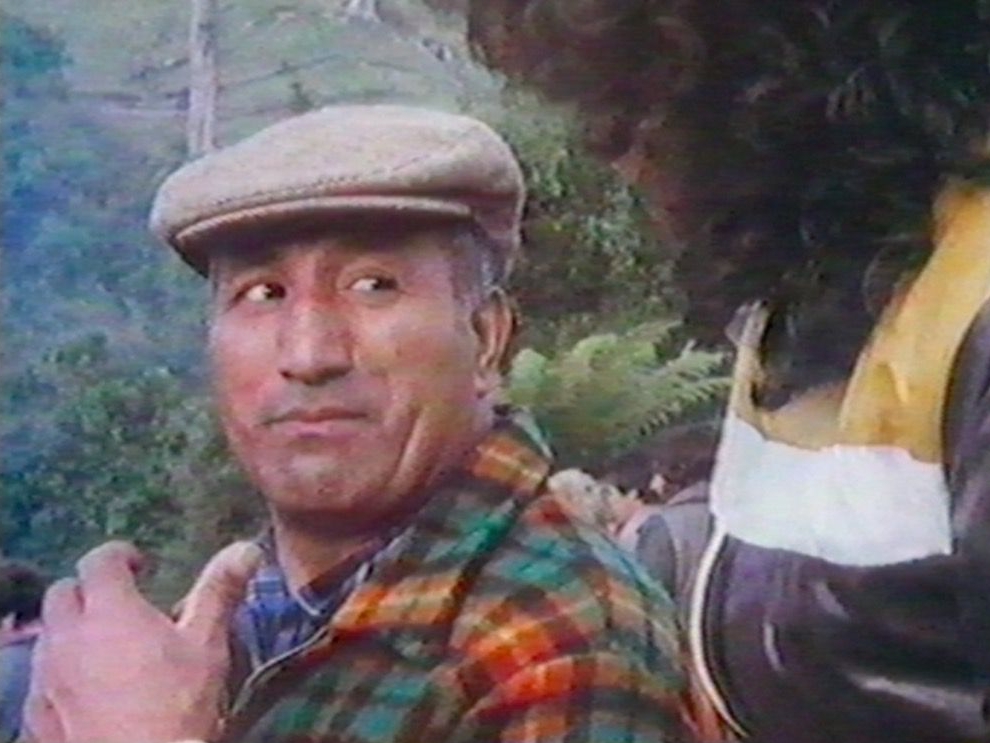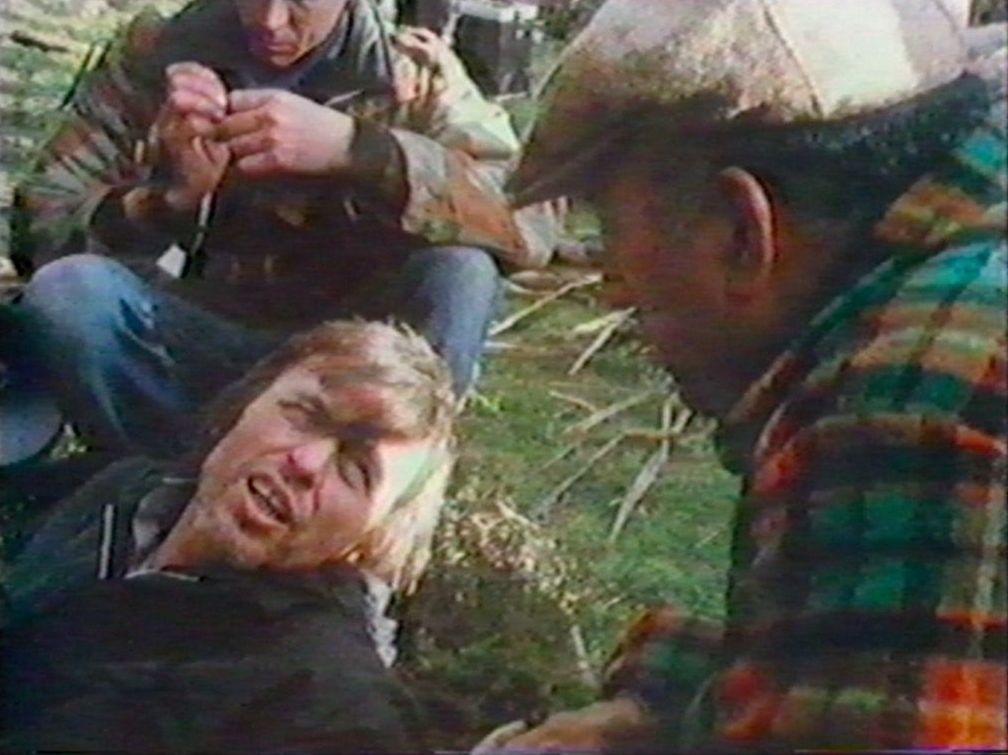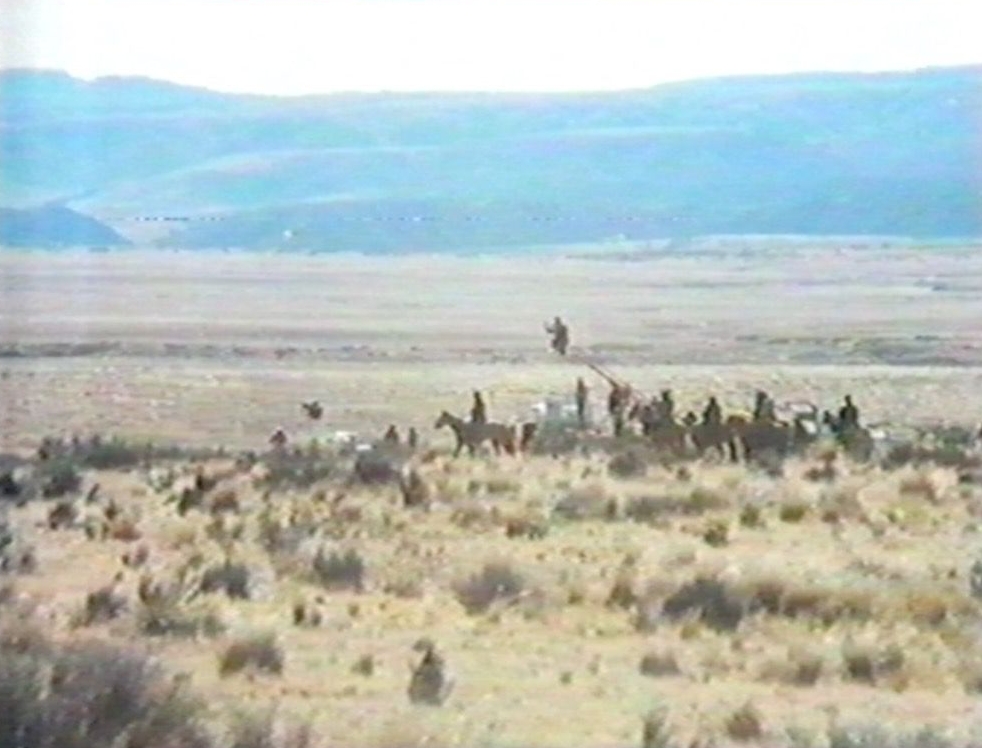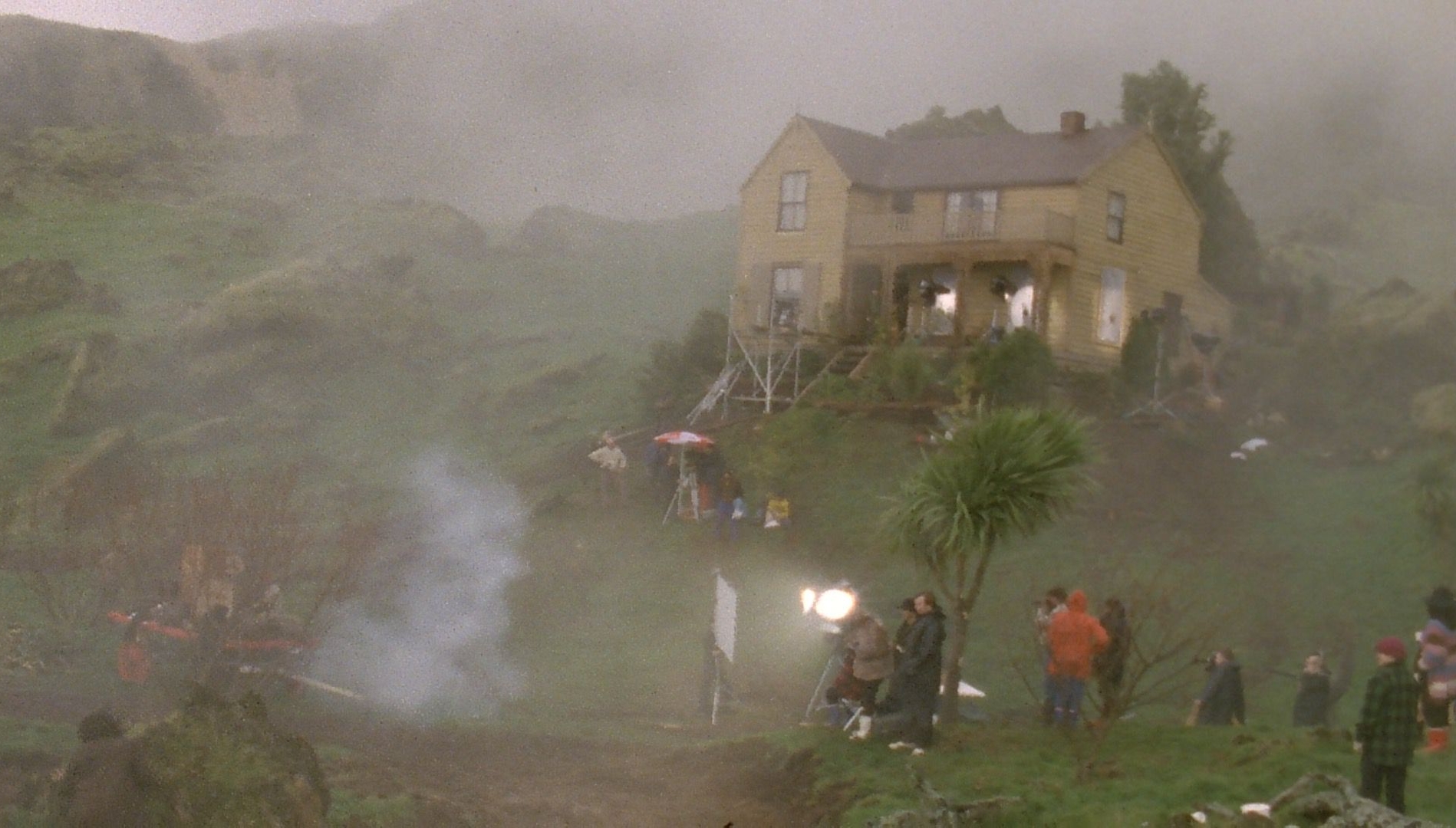
1983, 48 minutes
Gaylene Preston’s 1983 TV documentary celebrates the chutzpah, ingenuity and burgeoning national pride of a bunch of young cowboys out in the wild making the epic New Zealand movie of their dreams. Training her camera on the face of assistant director Lee Tamahori as the rebel Te Wheke and his gang throw a grand piano to its spectacular demise, she captured for all time an essential satisfaction of movie-making for boys: making stuff and wrecking it. (In the case of Utu, once they’d wrecked a set, they’d reassemble the pieces into another set.) Preston is also memorably attentive to Utu’s moment in the advancement of popular biculturalism. A pākehā-generated project (entitled ‘Puha Western’ in its development stage), Utu was more invested in tikanga Māori than any feature film since the works of Rudall Hayward. (You can hear the novelty of te reo in the mouths of Māori and pākehā actor alike.) Director Geoff Murphy wants authenticity. It is fascinating to see how willingly, and how tentatively, all concerned consider who can tell whom how to get it right.
NZFF2013 PROGRAMME - Bill Gosden
July 2013
Gaylene Preston’s 1983 TV documentary celebrates the chutzpah, ingenuity and burgeoning national pride of a bunch of young cowboys out in the wild making the epic New Zealand movie of their dreams. Training her camera on the face of assistant director Lee Tamahori as the rebel Te Wheke and his gang throw a grand piano to its spectacular demise, she captured for all time an essential satisfaction of movie-making for boys: making stuff and wrecking it. (In the case of Utu, once they’d wrecked a set, they’d reassemble the pieces into another set.) Preston is also memorably attentive to Utu’s moment in the advancement of popular biculturalism. A pākehā-generated project (entitled ‘Puha Western’ in its development stage), Utu was more invested in tikanga Māori than any feature film since the works of Rudall Hayward. (You can hear the novelty of te reo in the mouths of Māori and pākehā actor alike.) Director Geoff Murphy wants authenticity. It is fascinating to see how willingly, and how tentatively, all concerned consider who can tell whom how to get it right.

